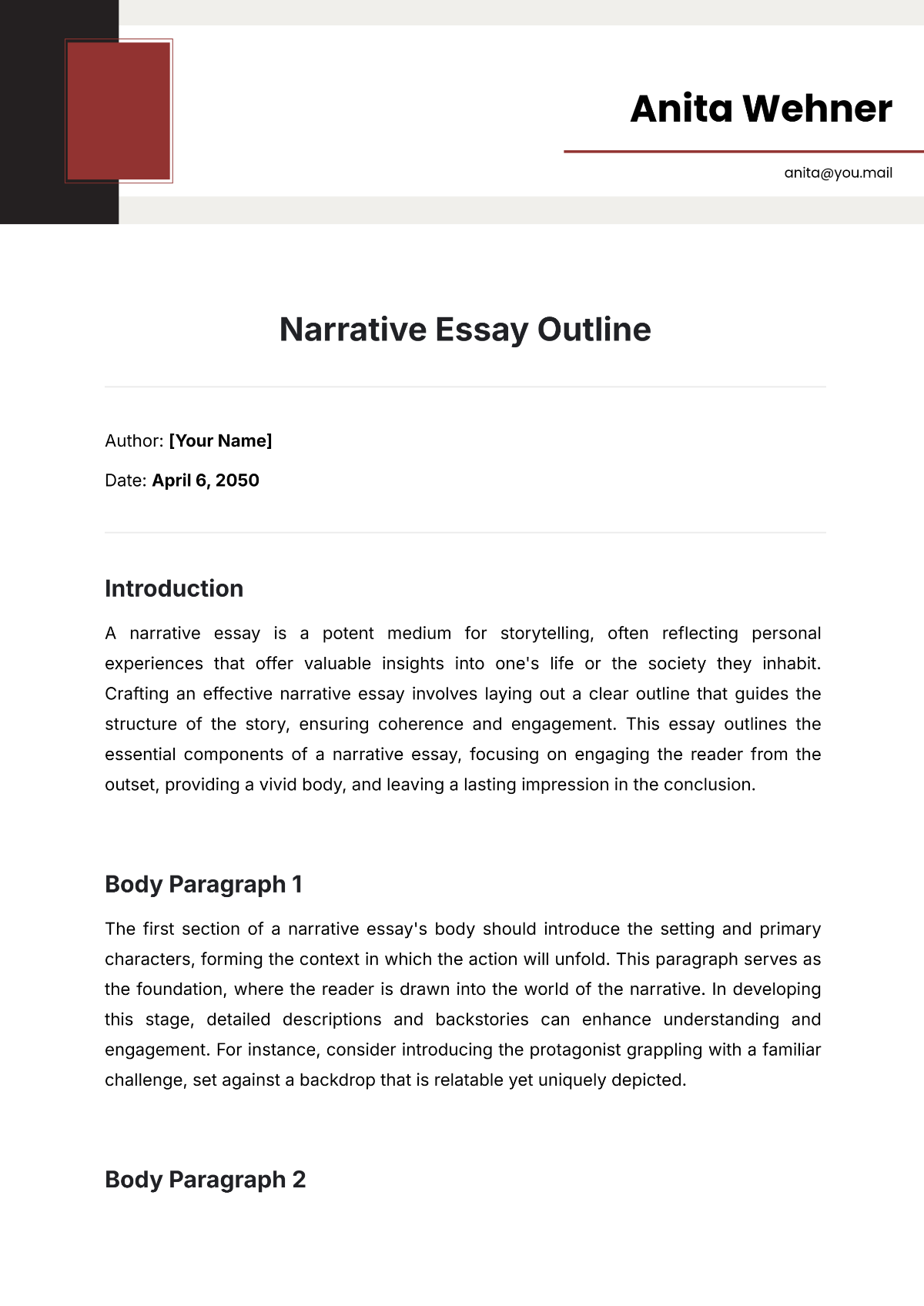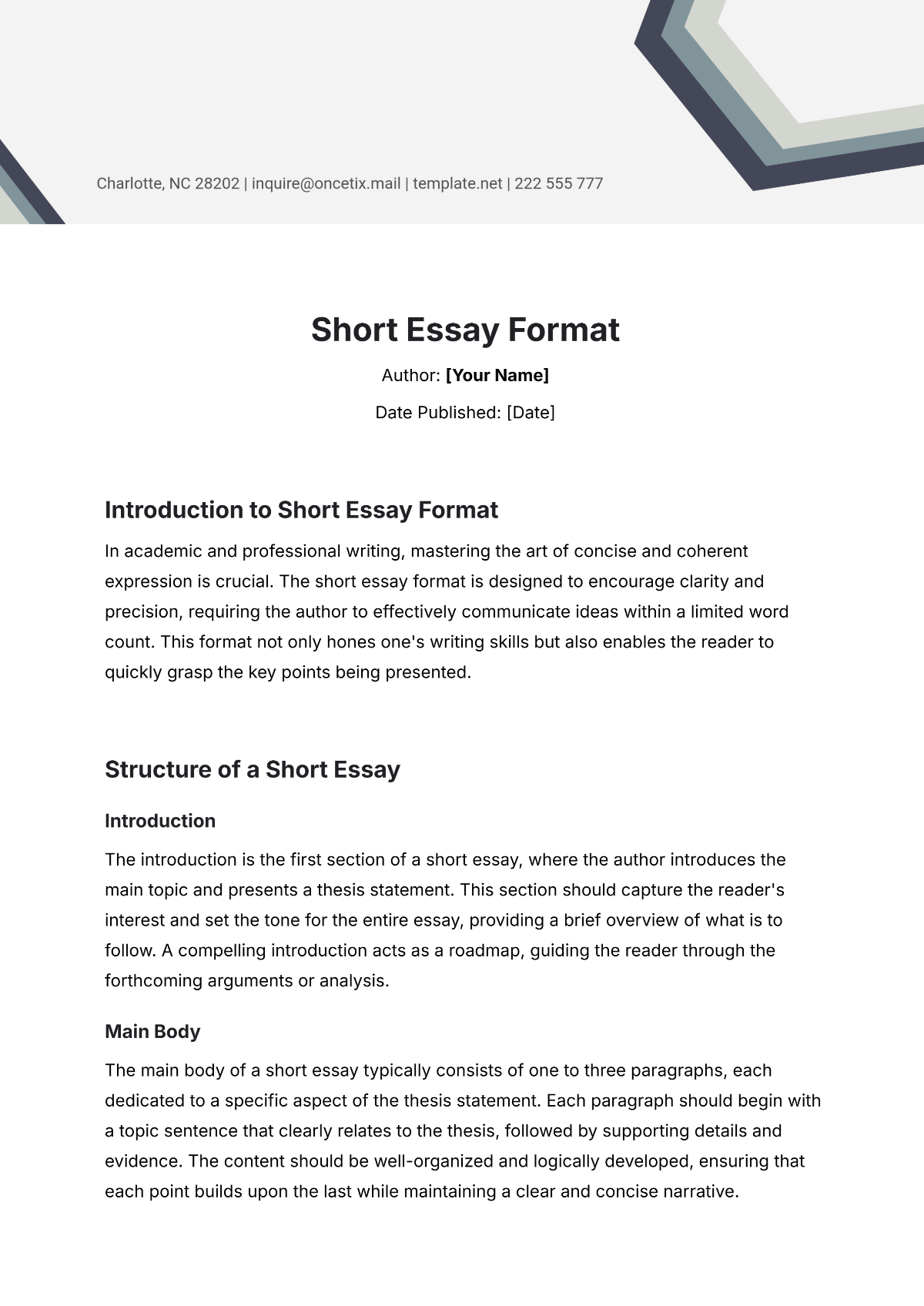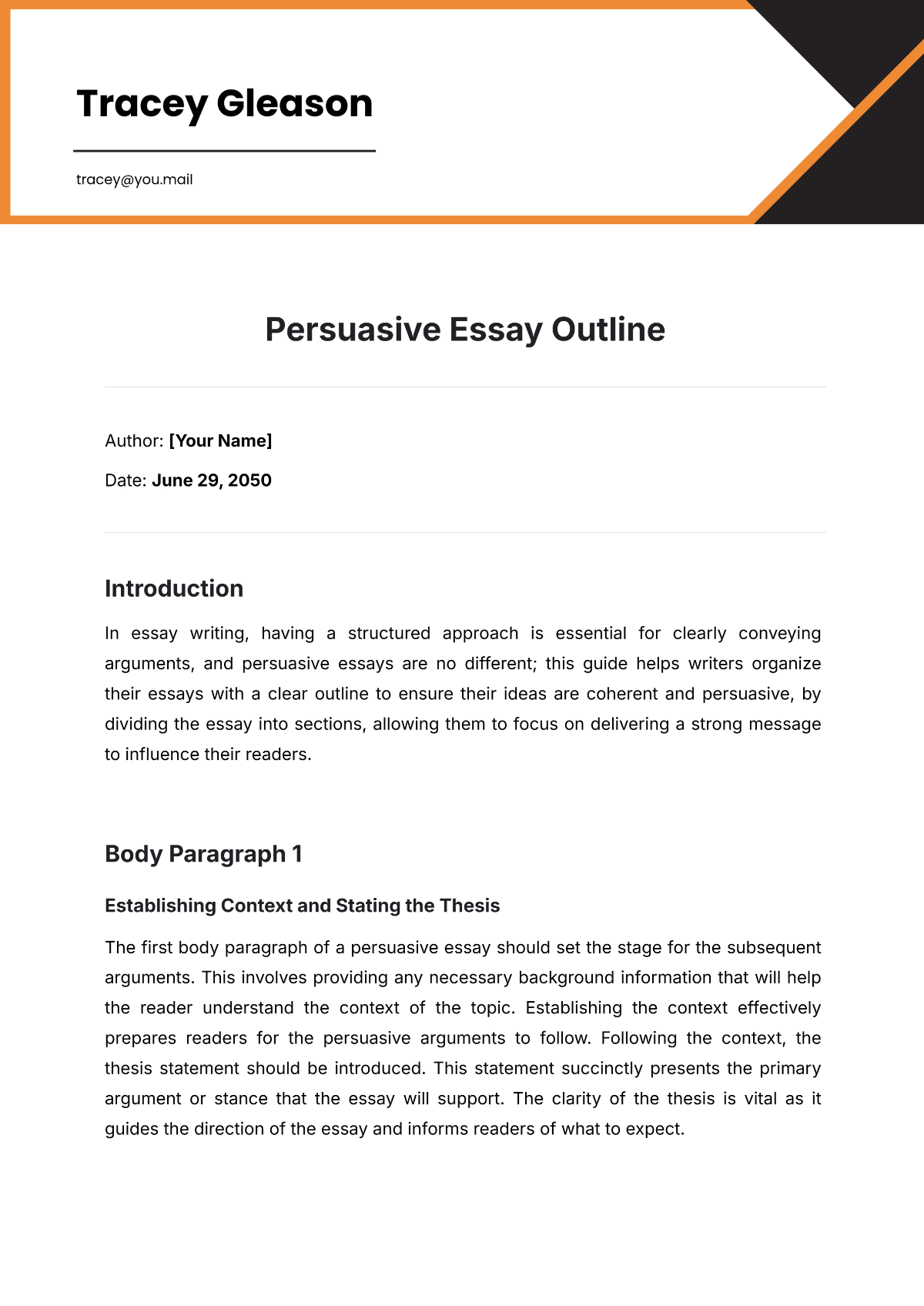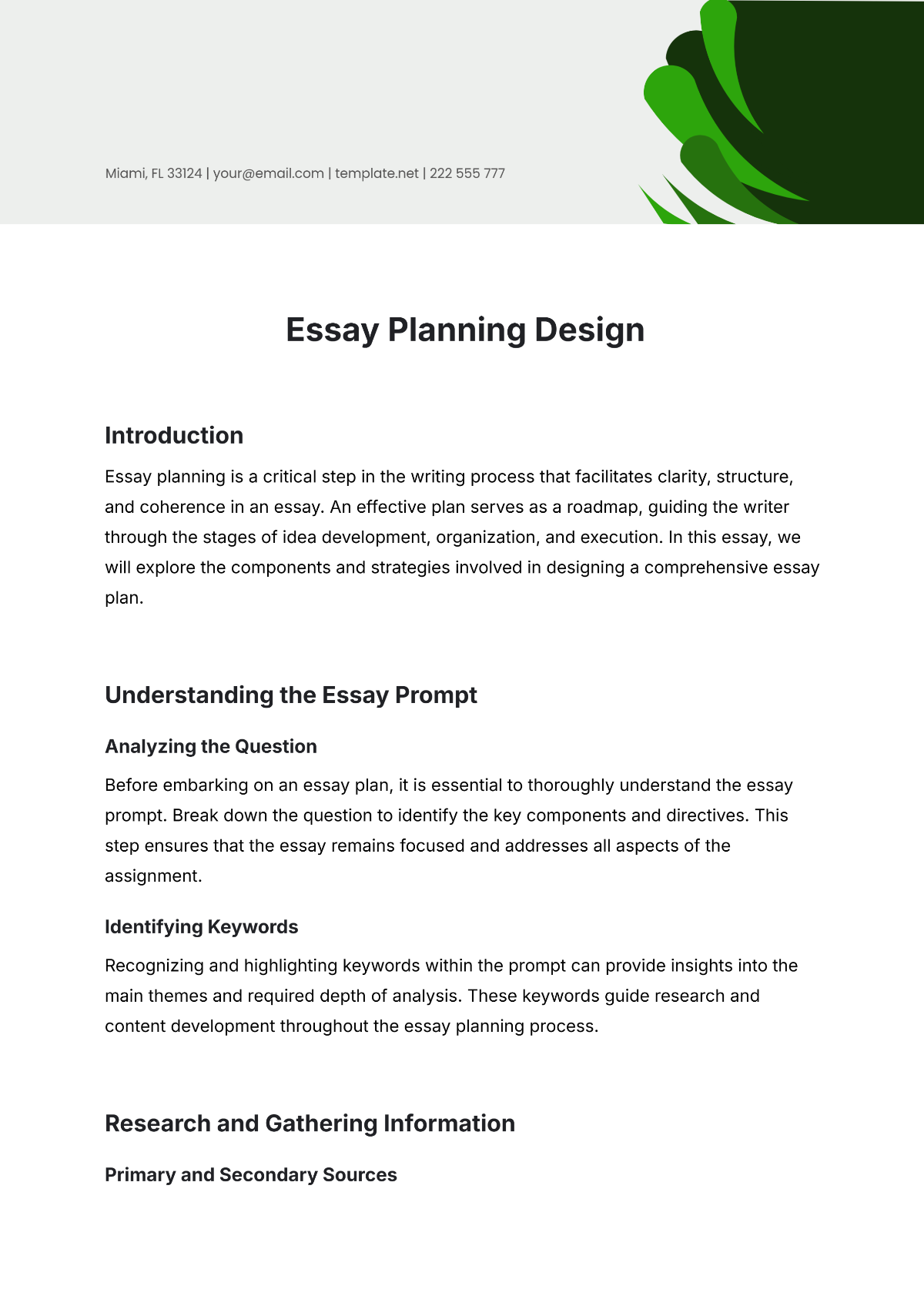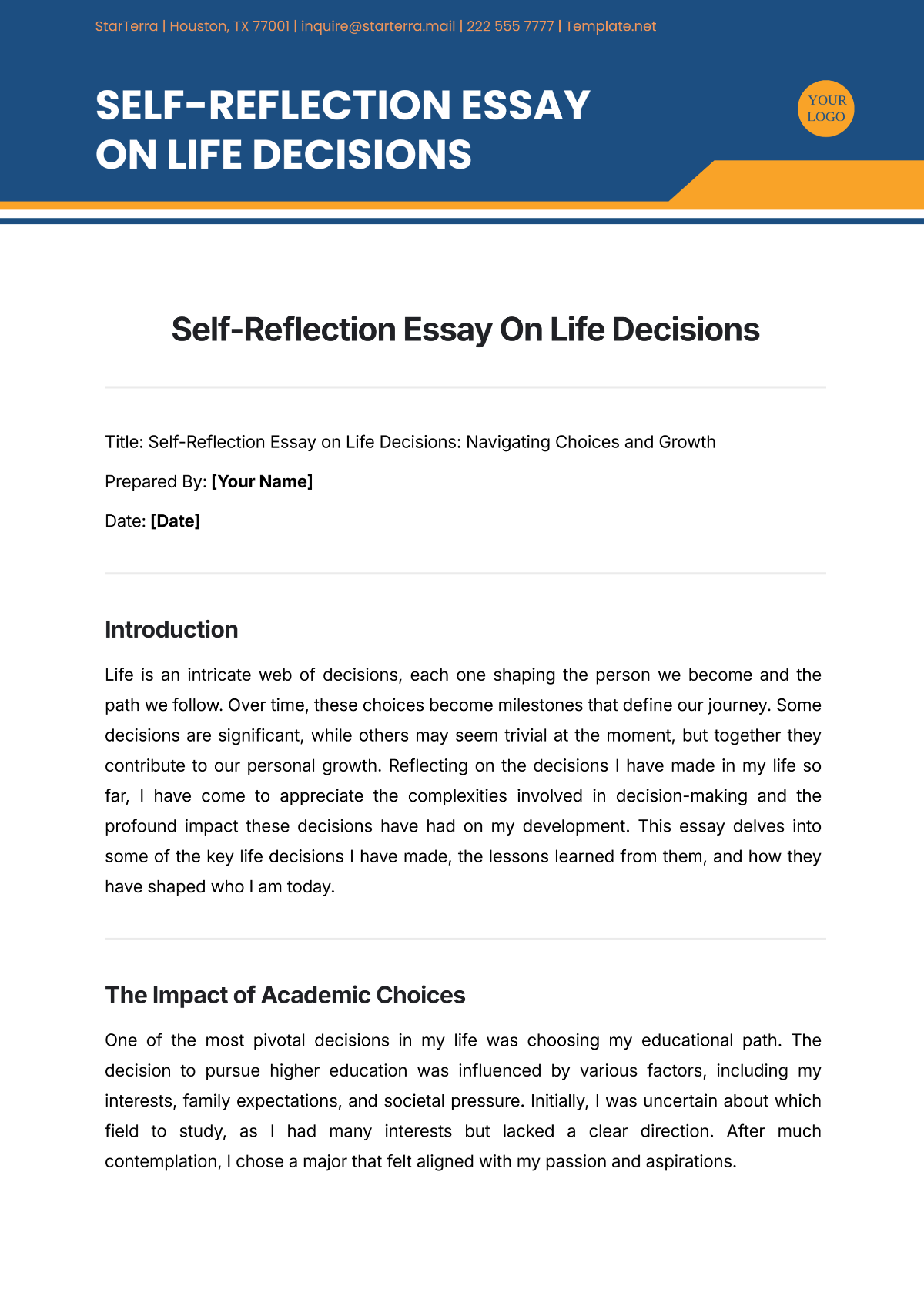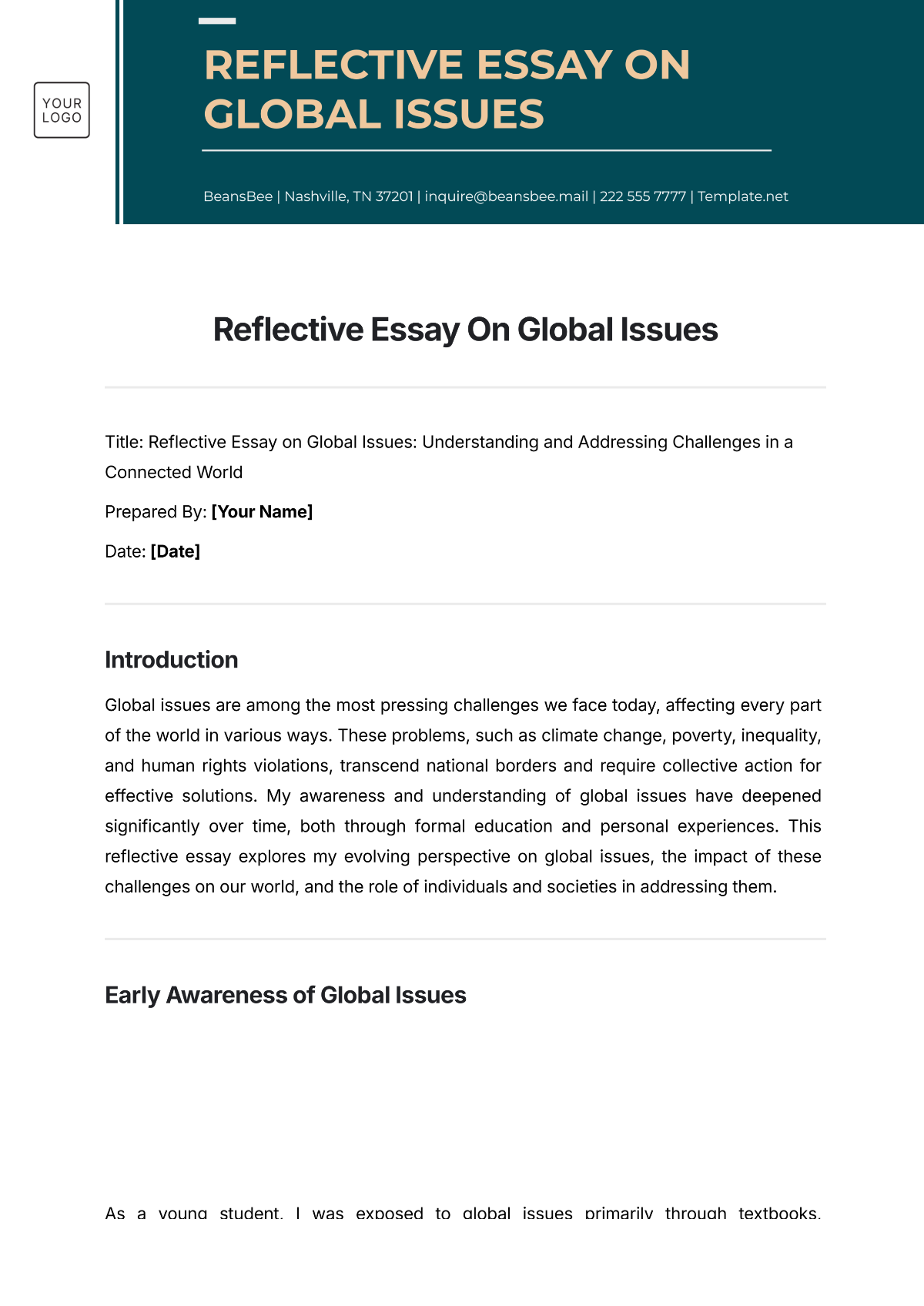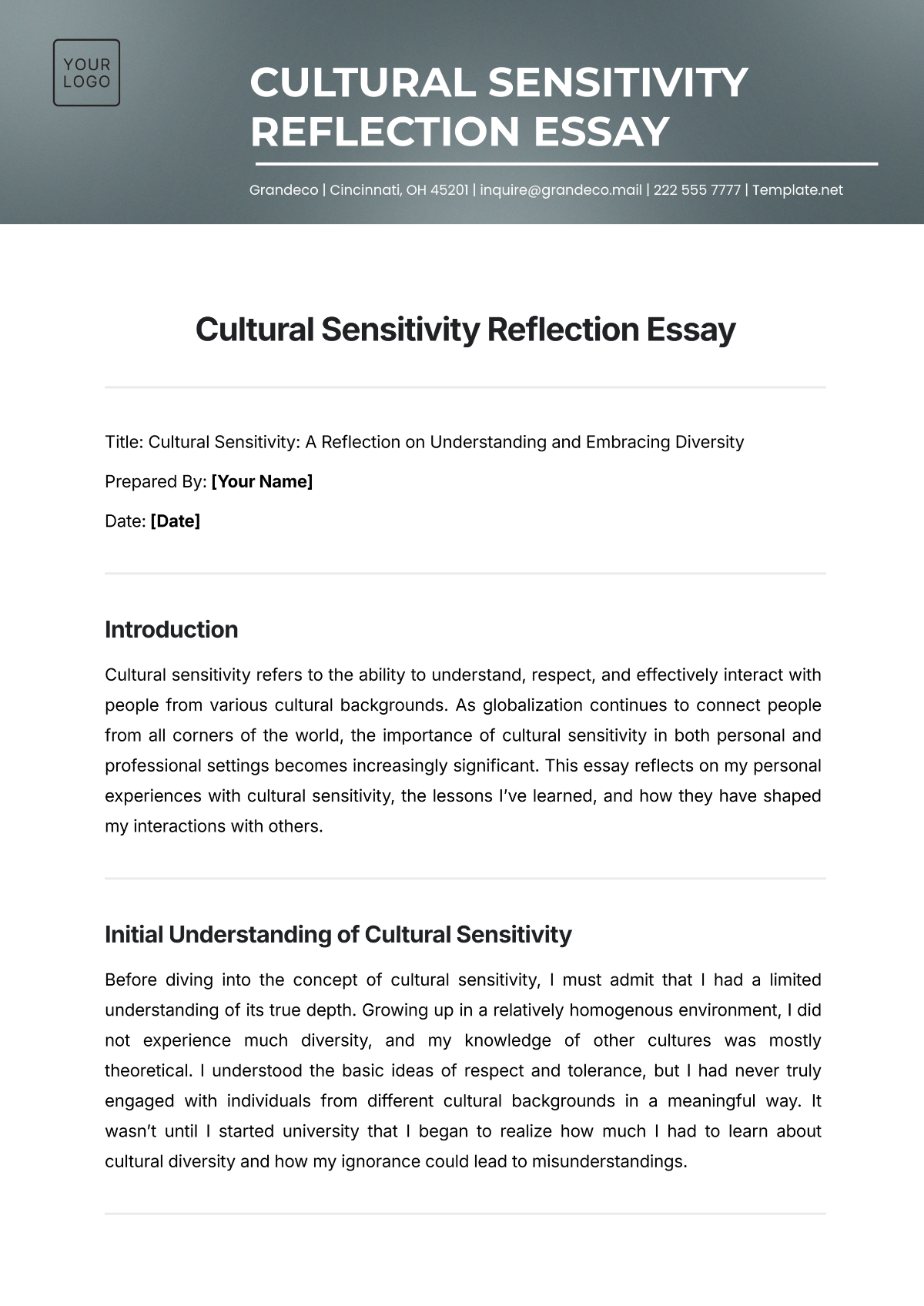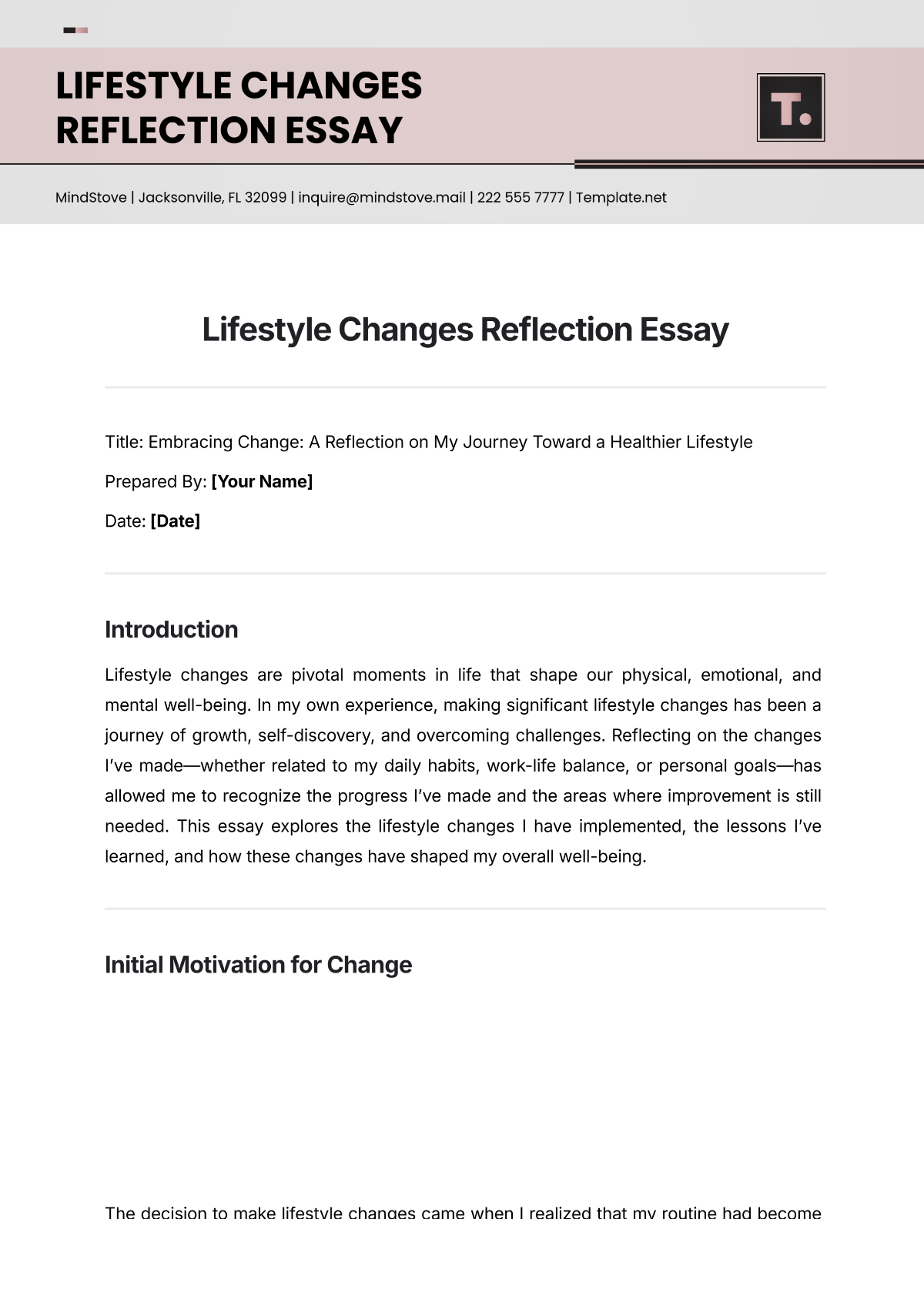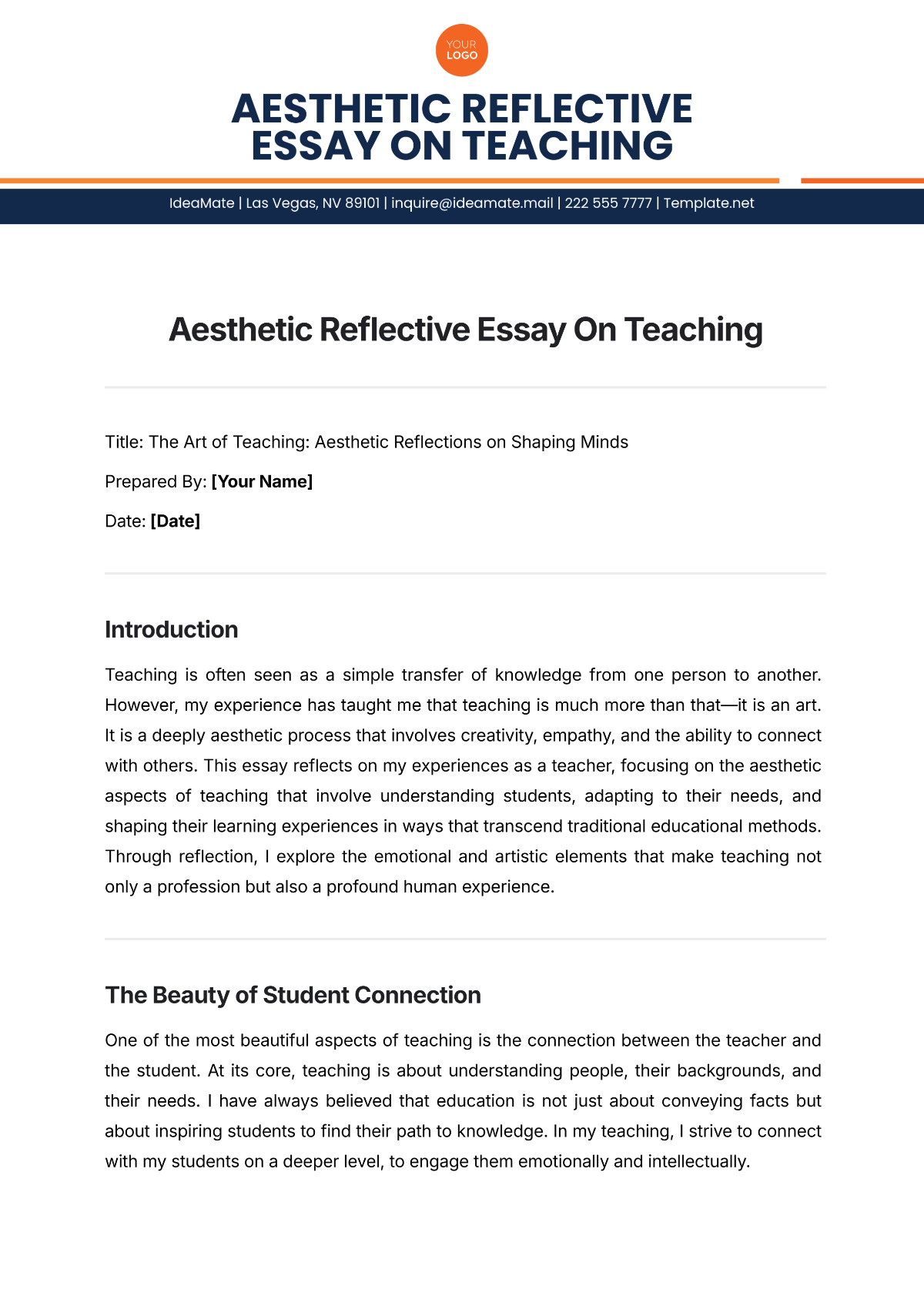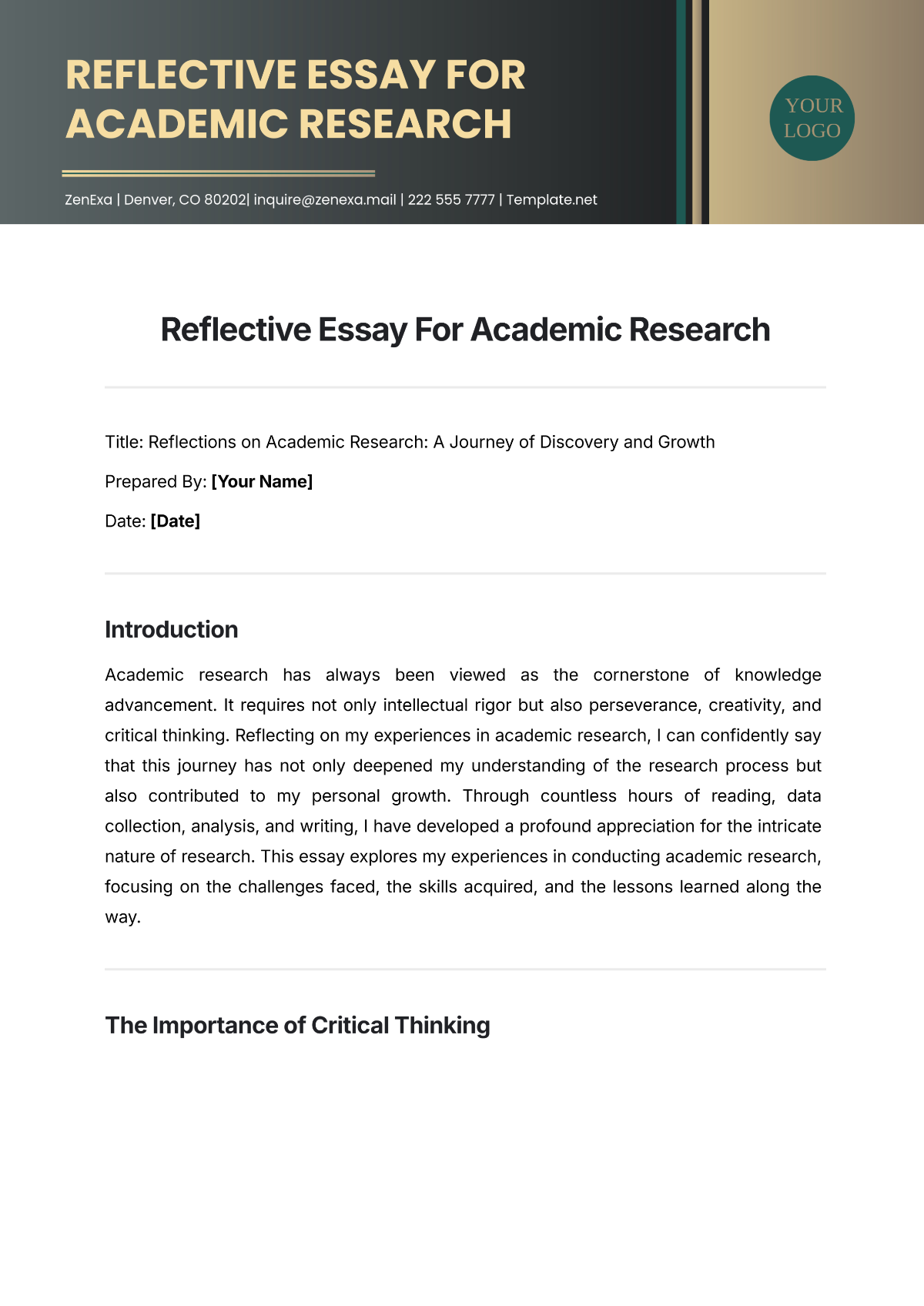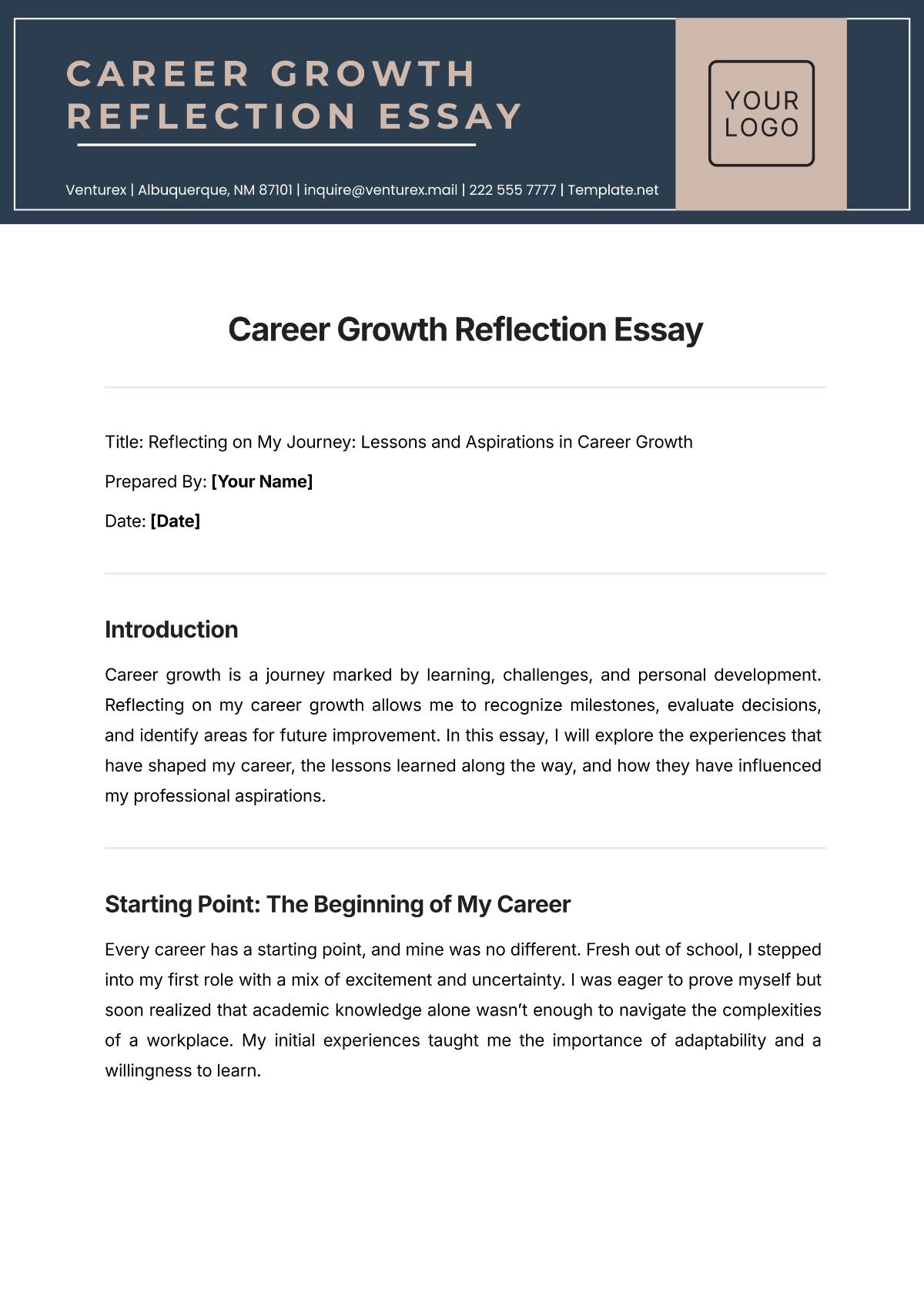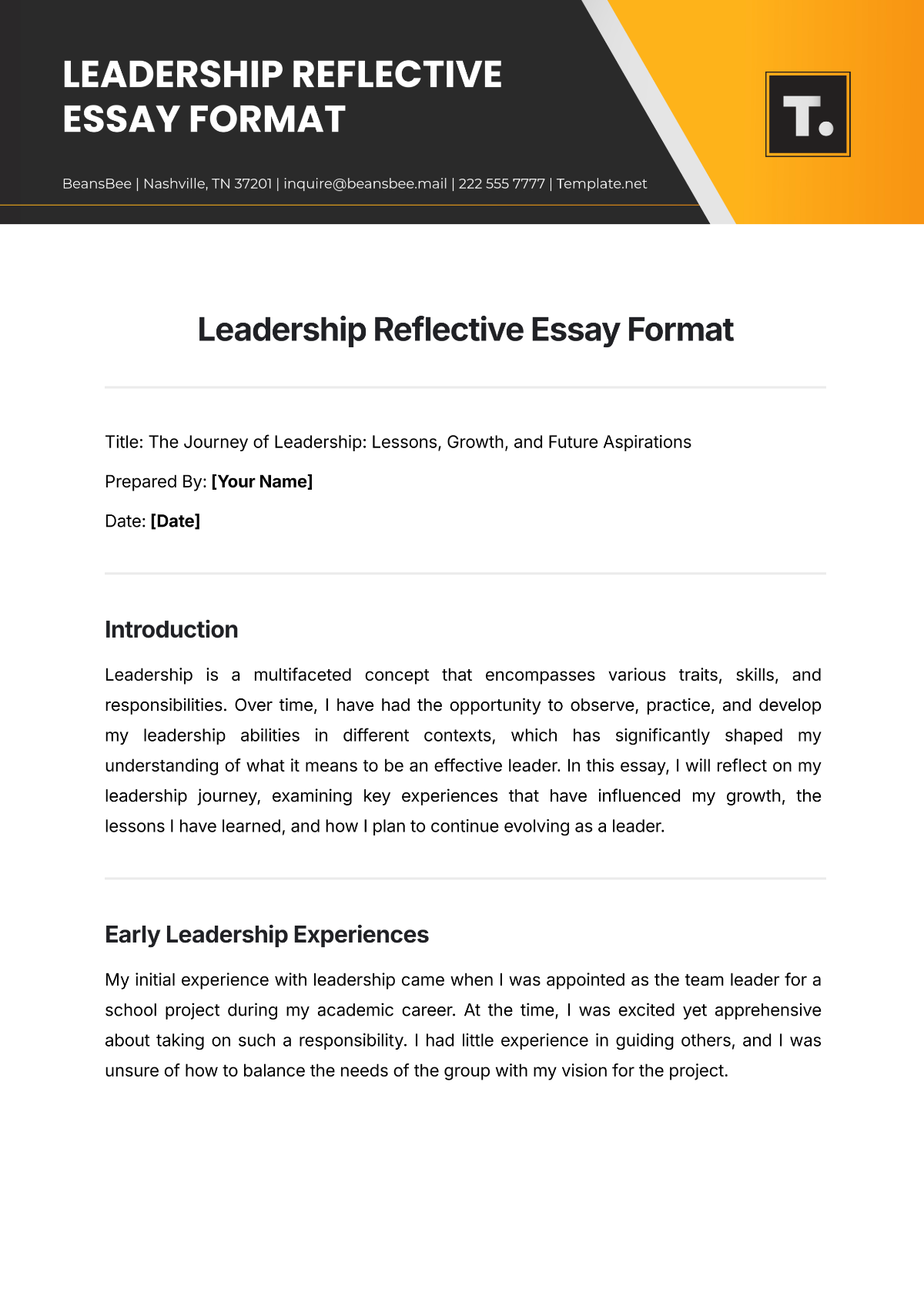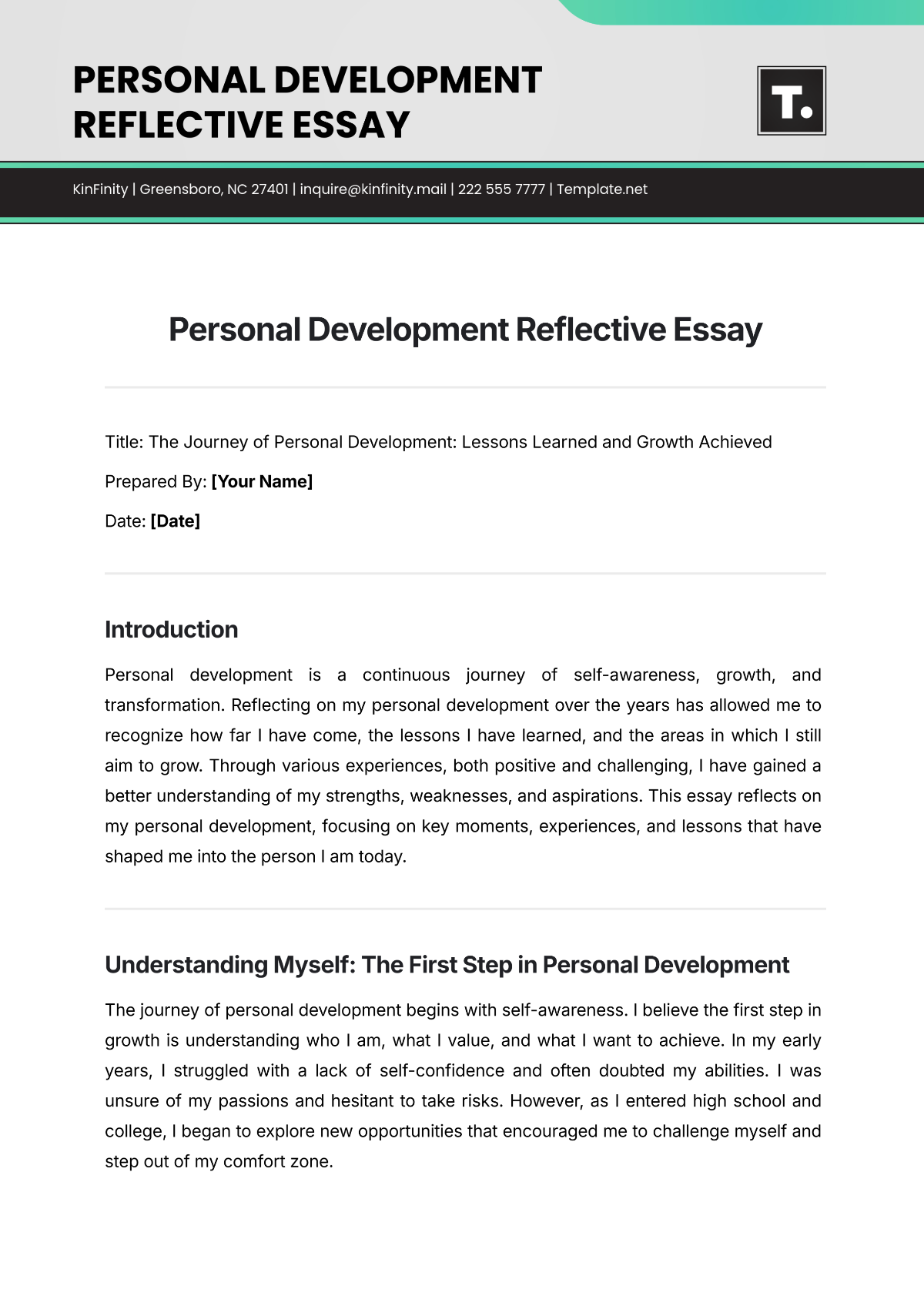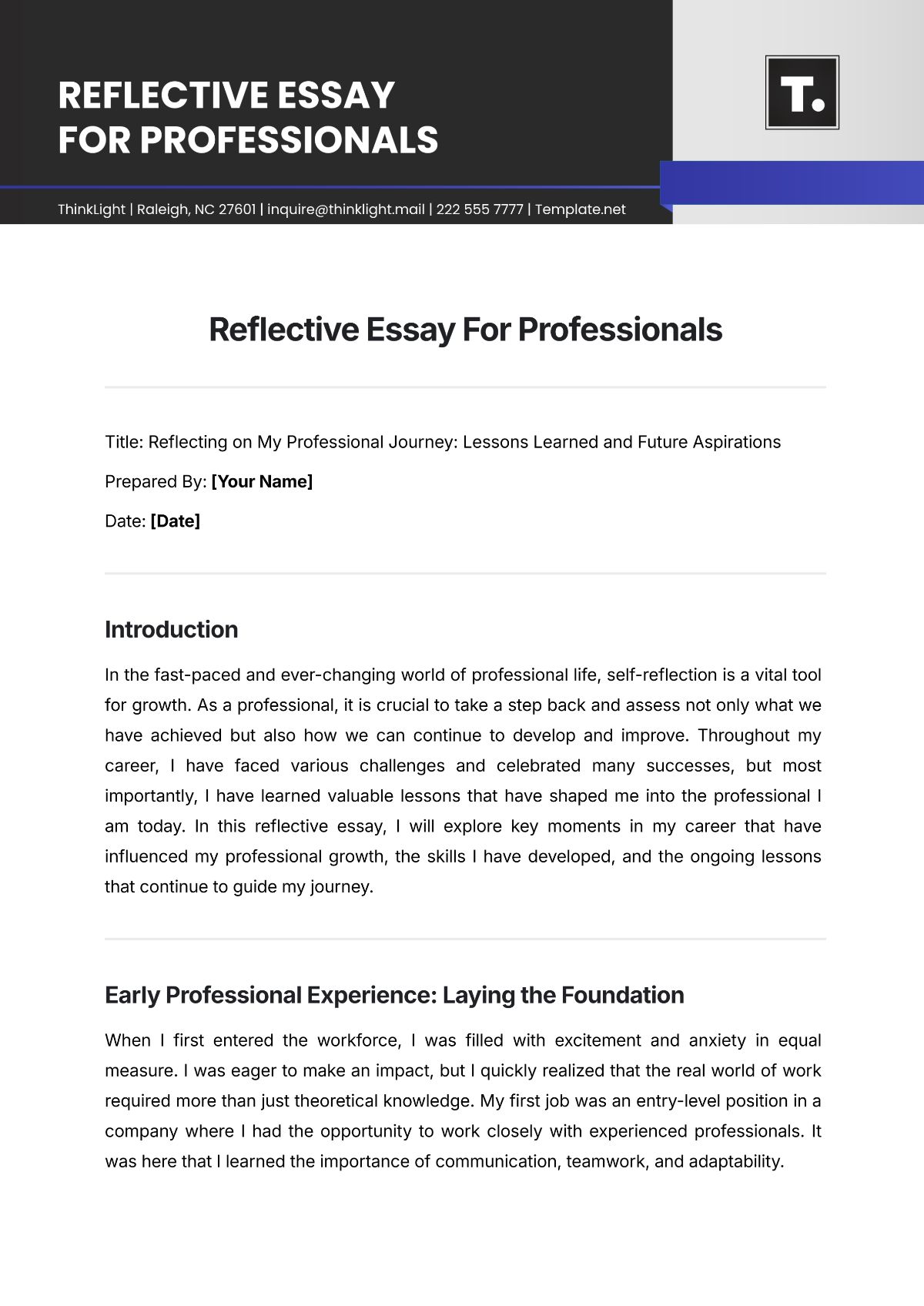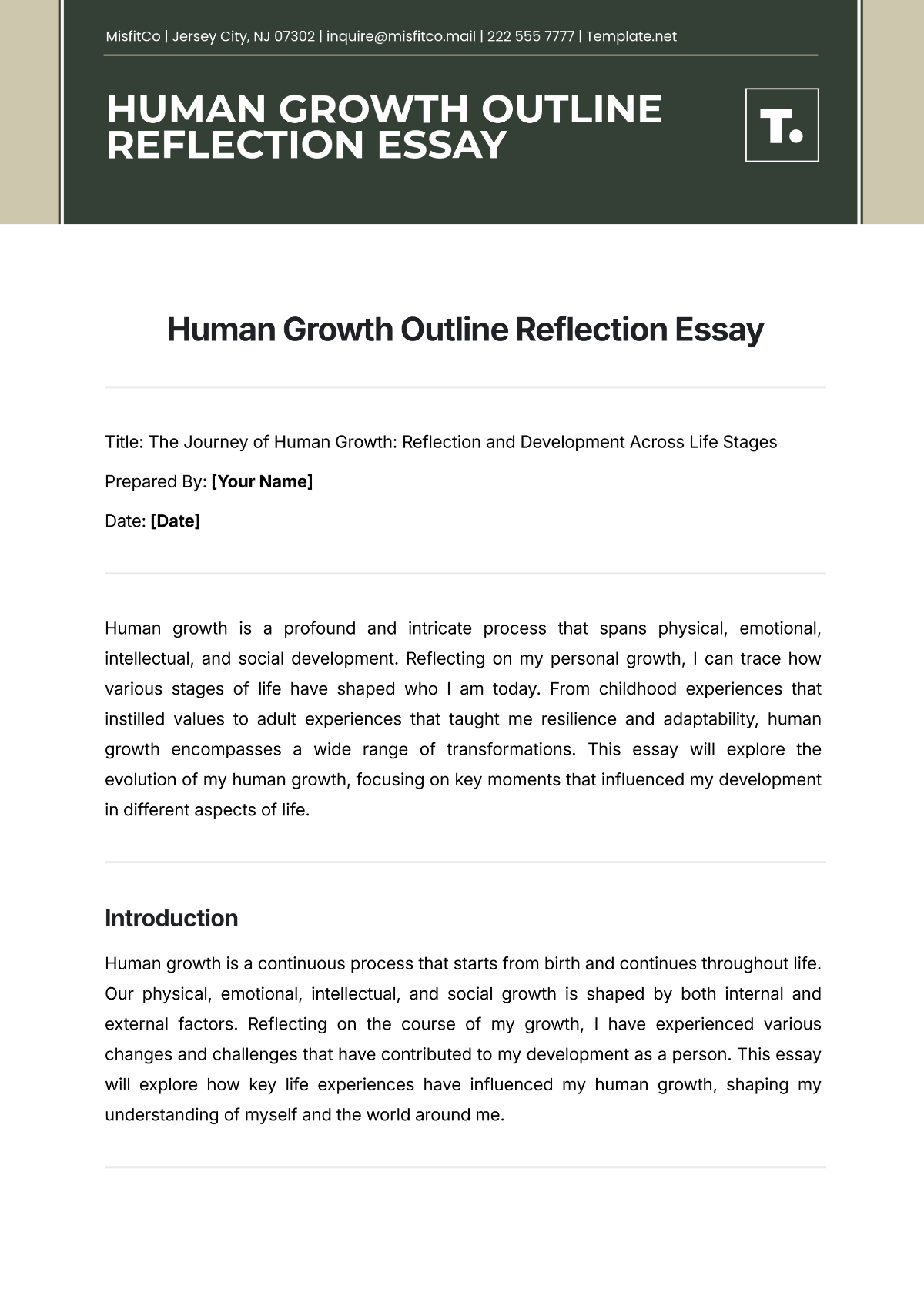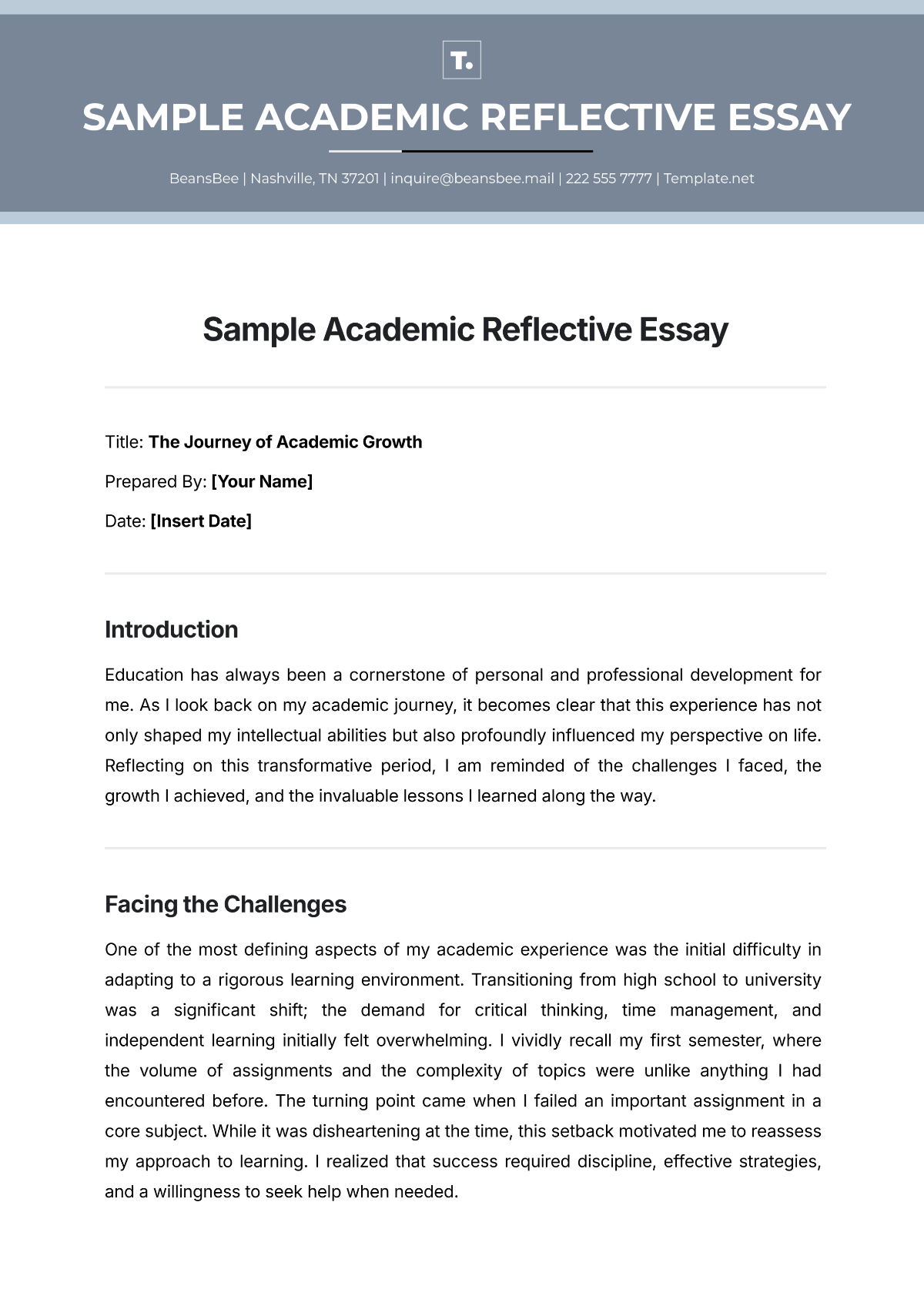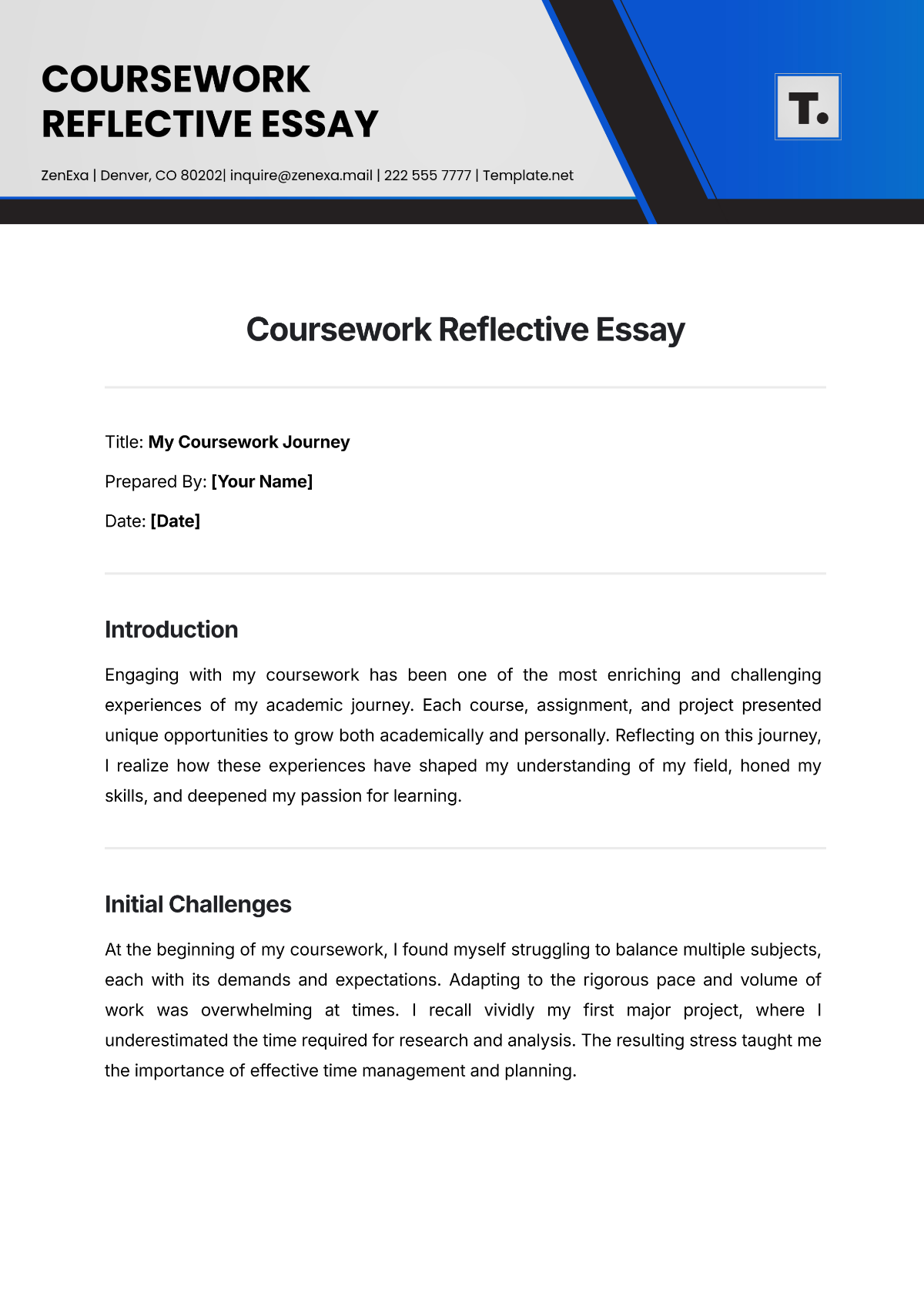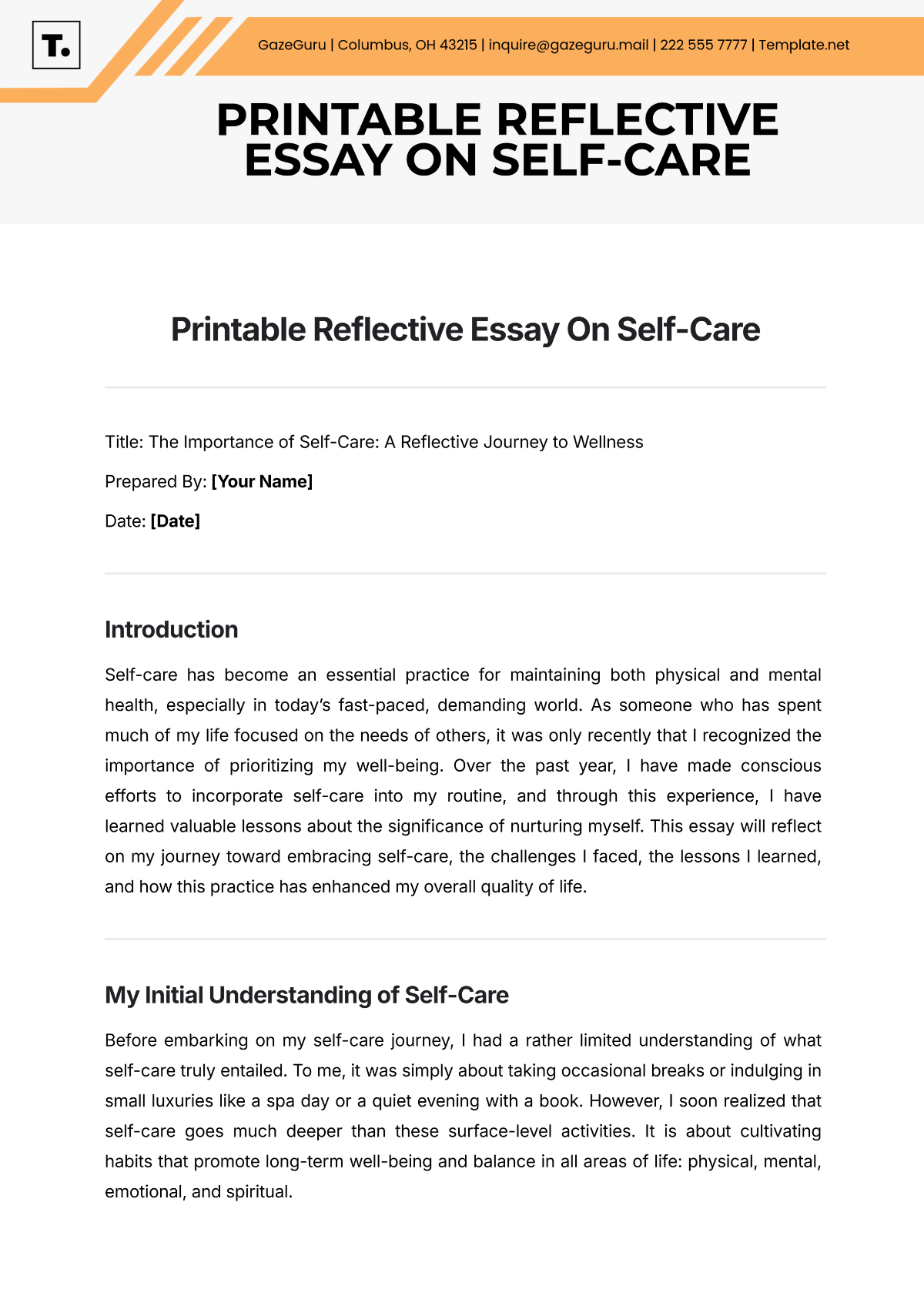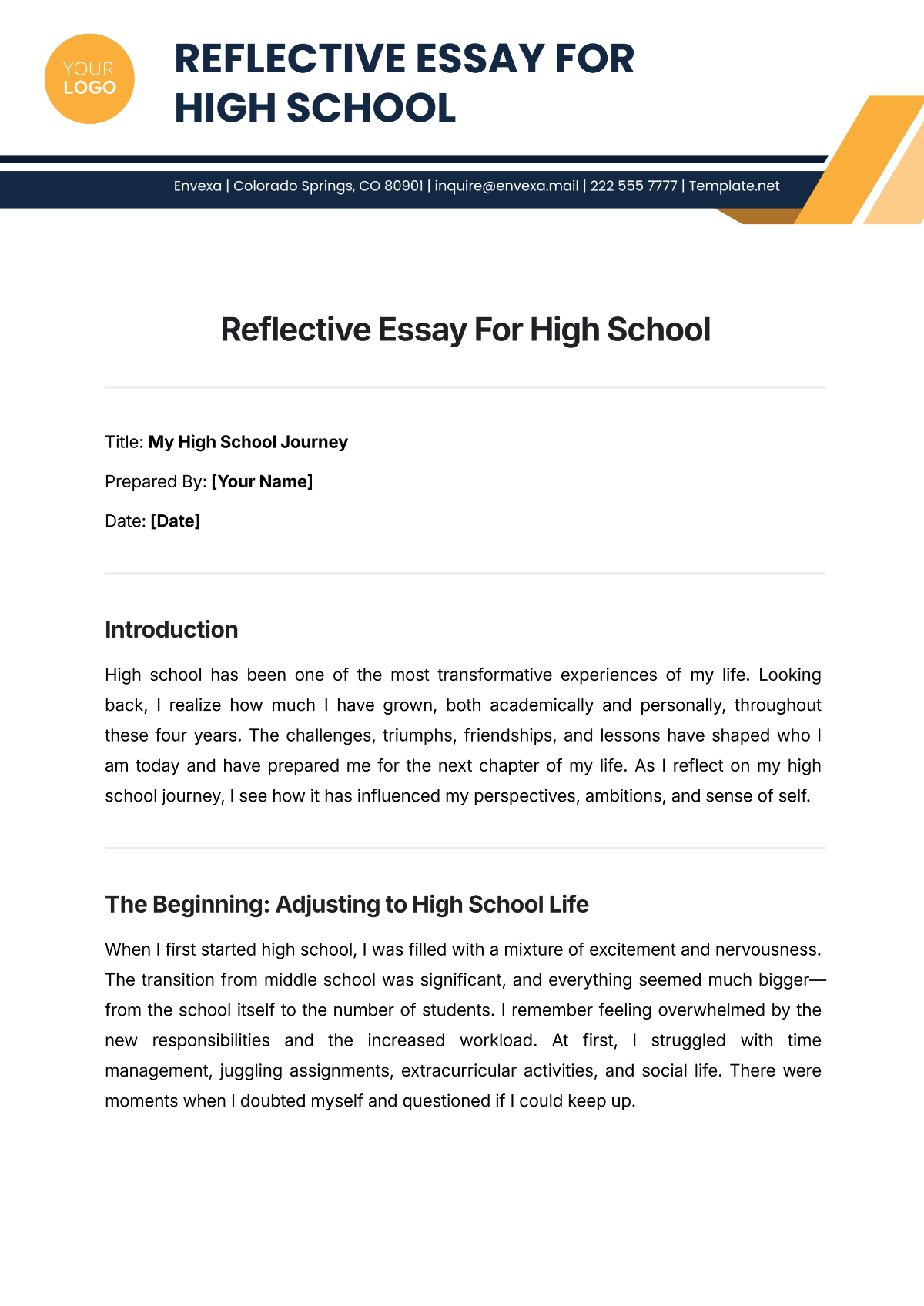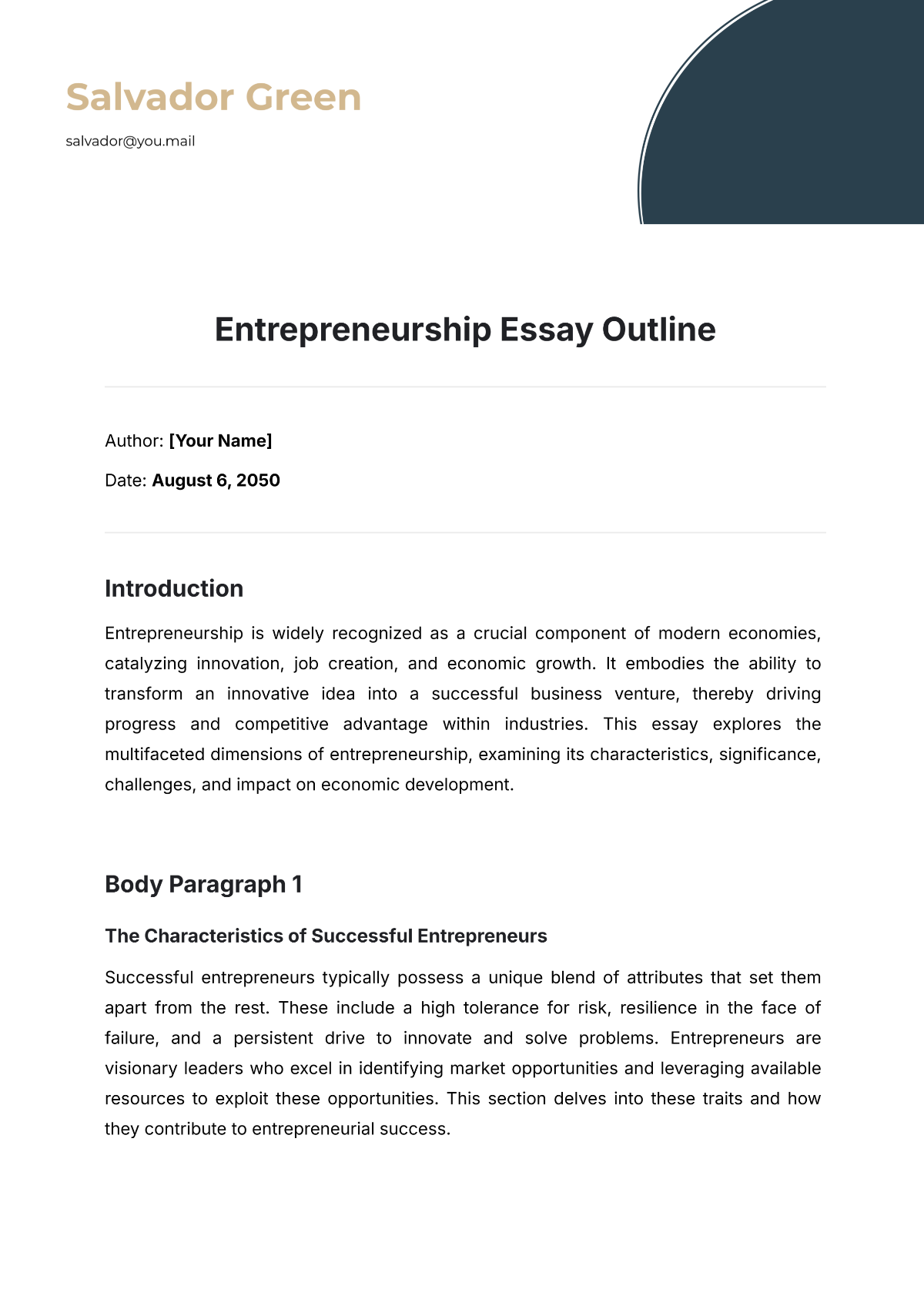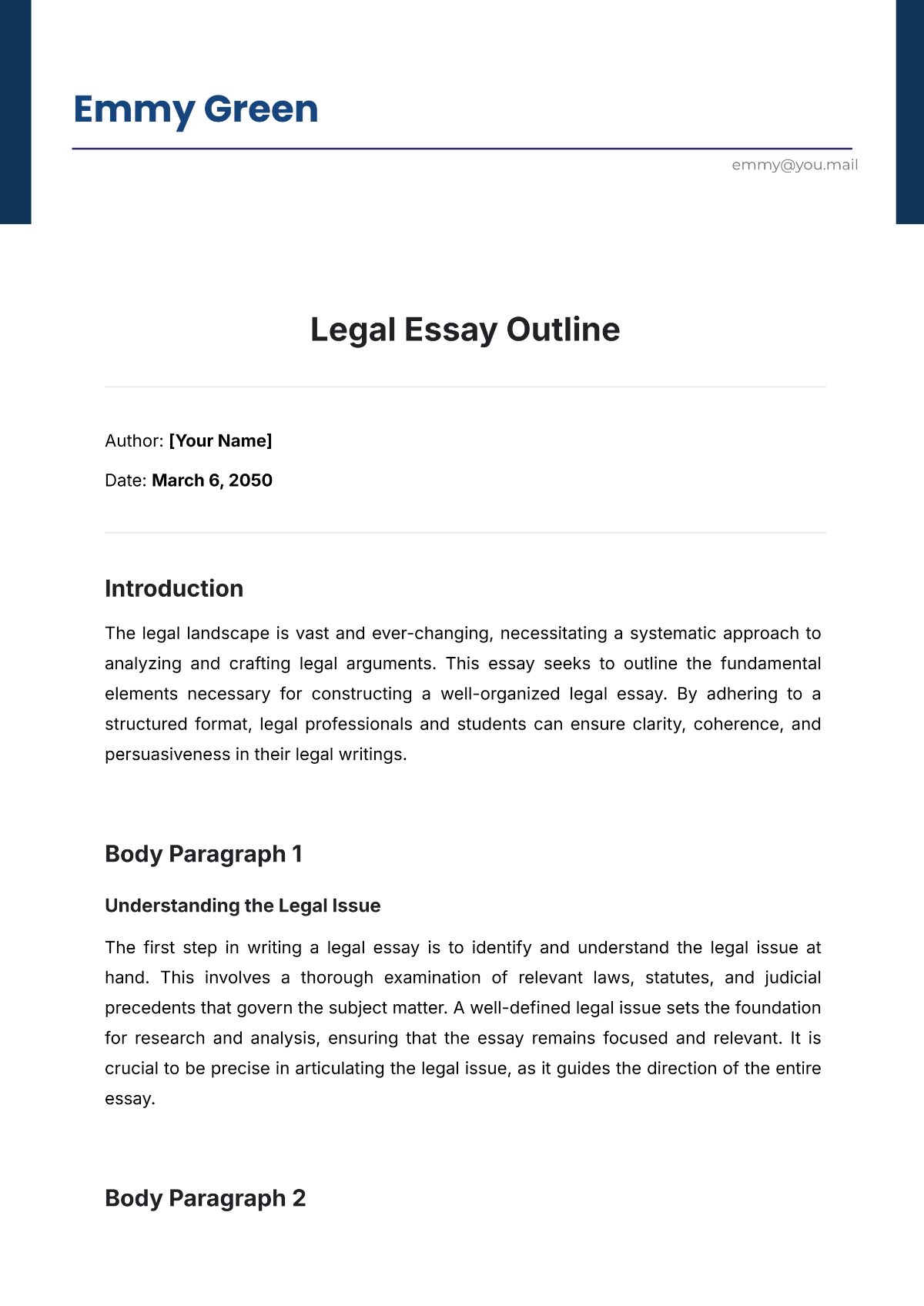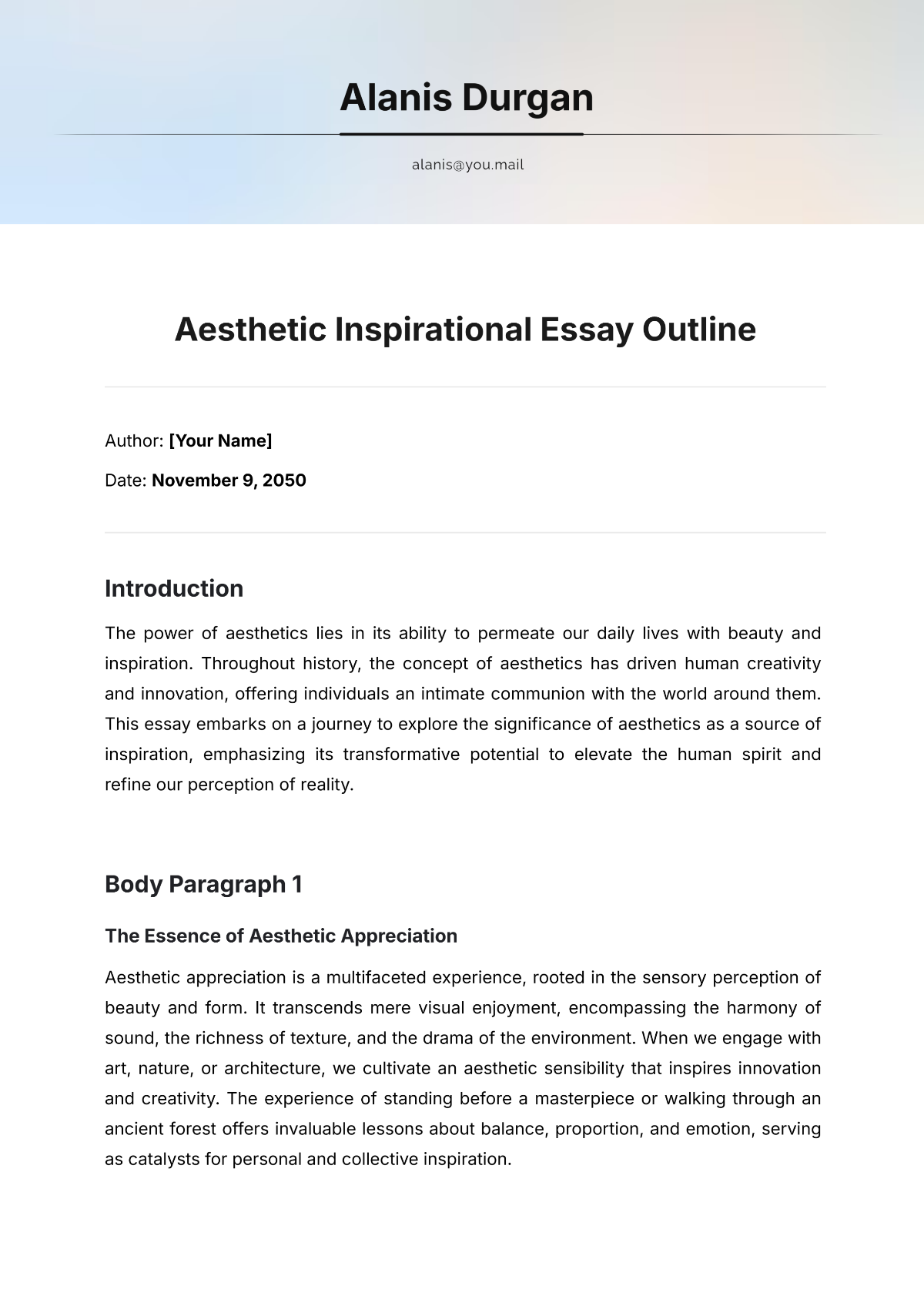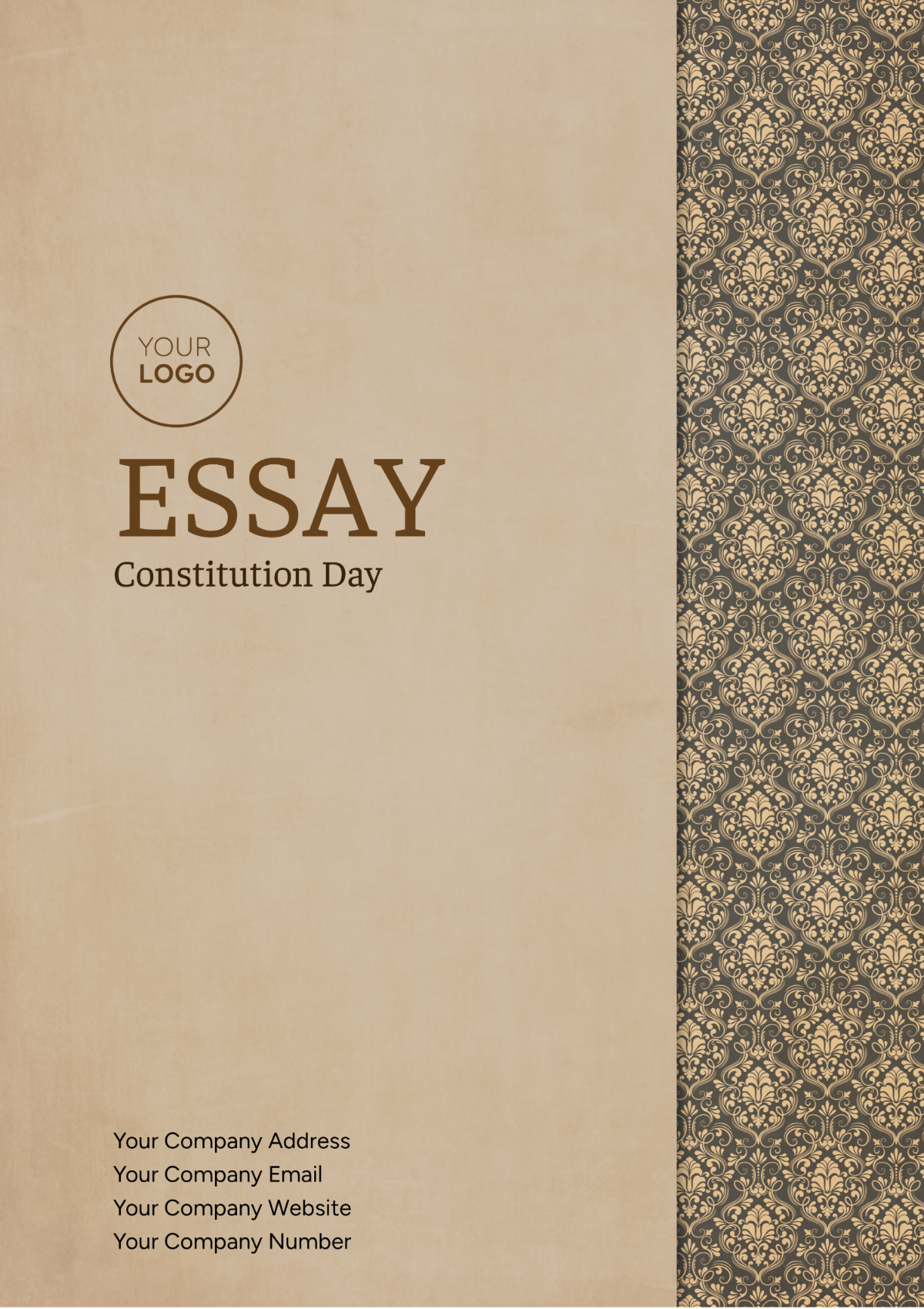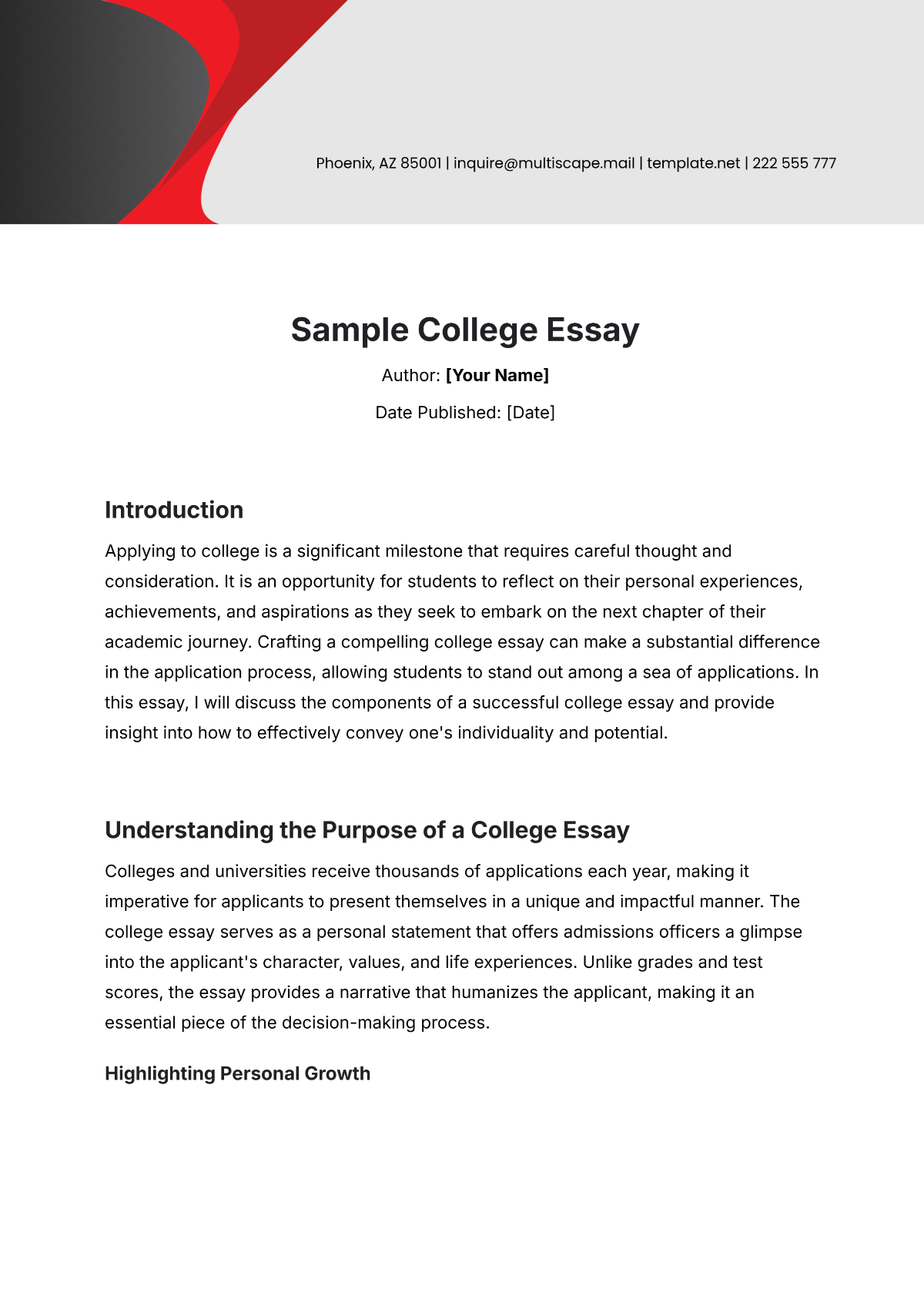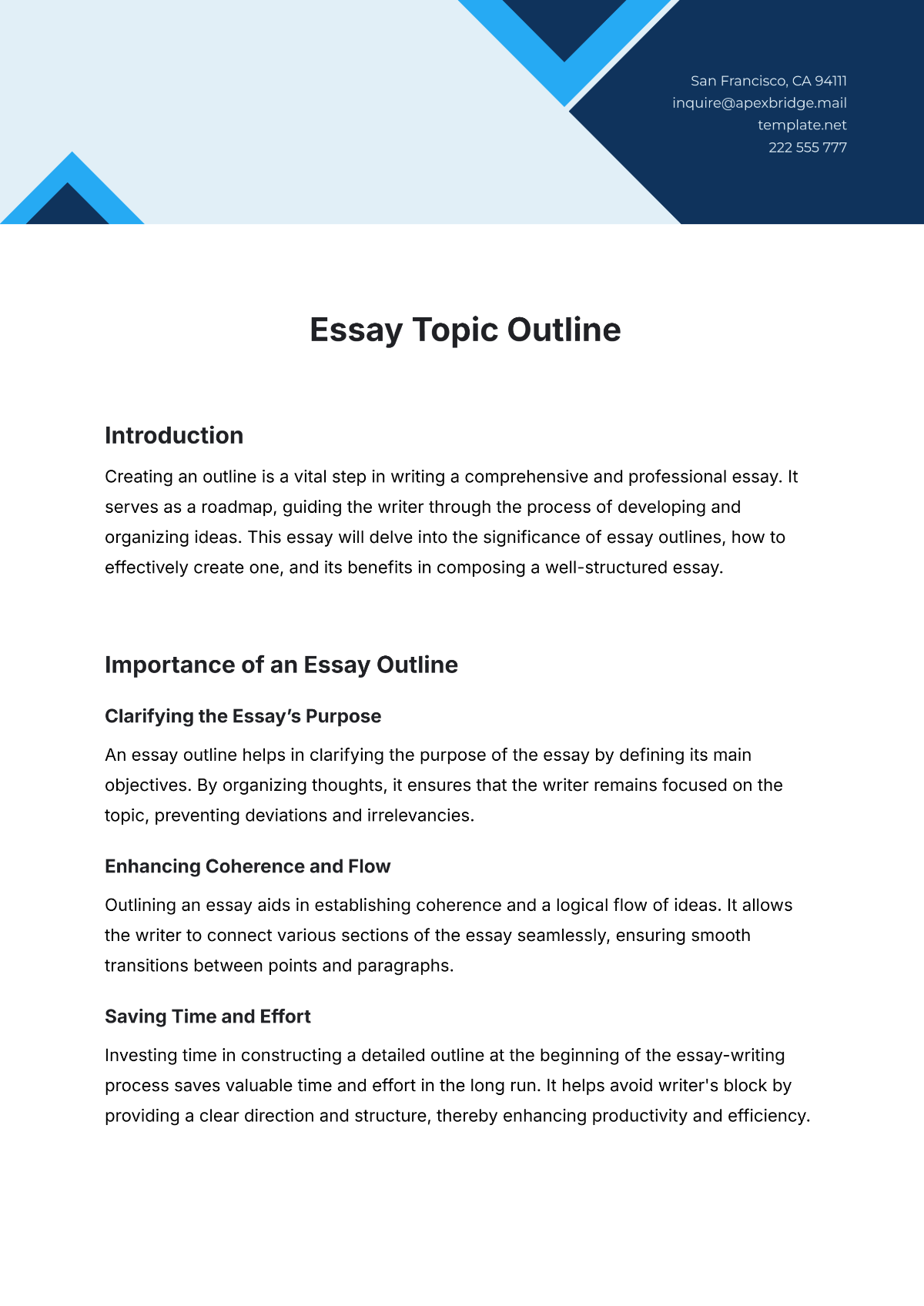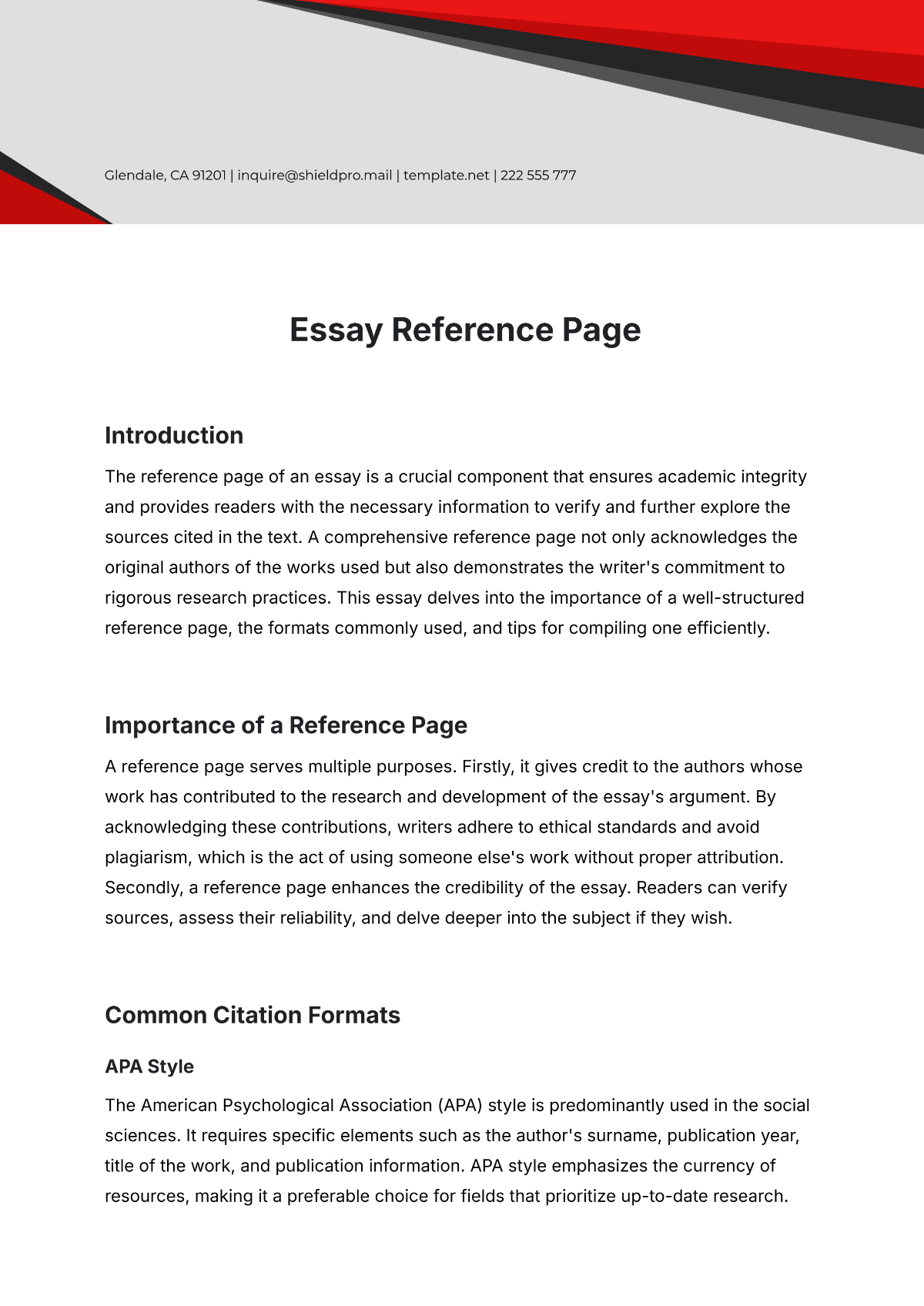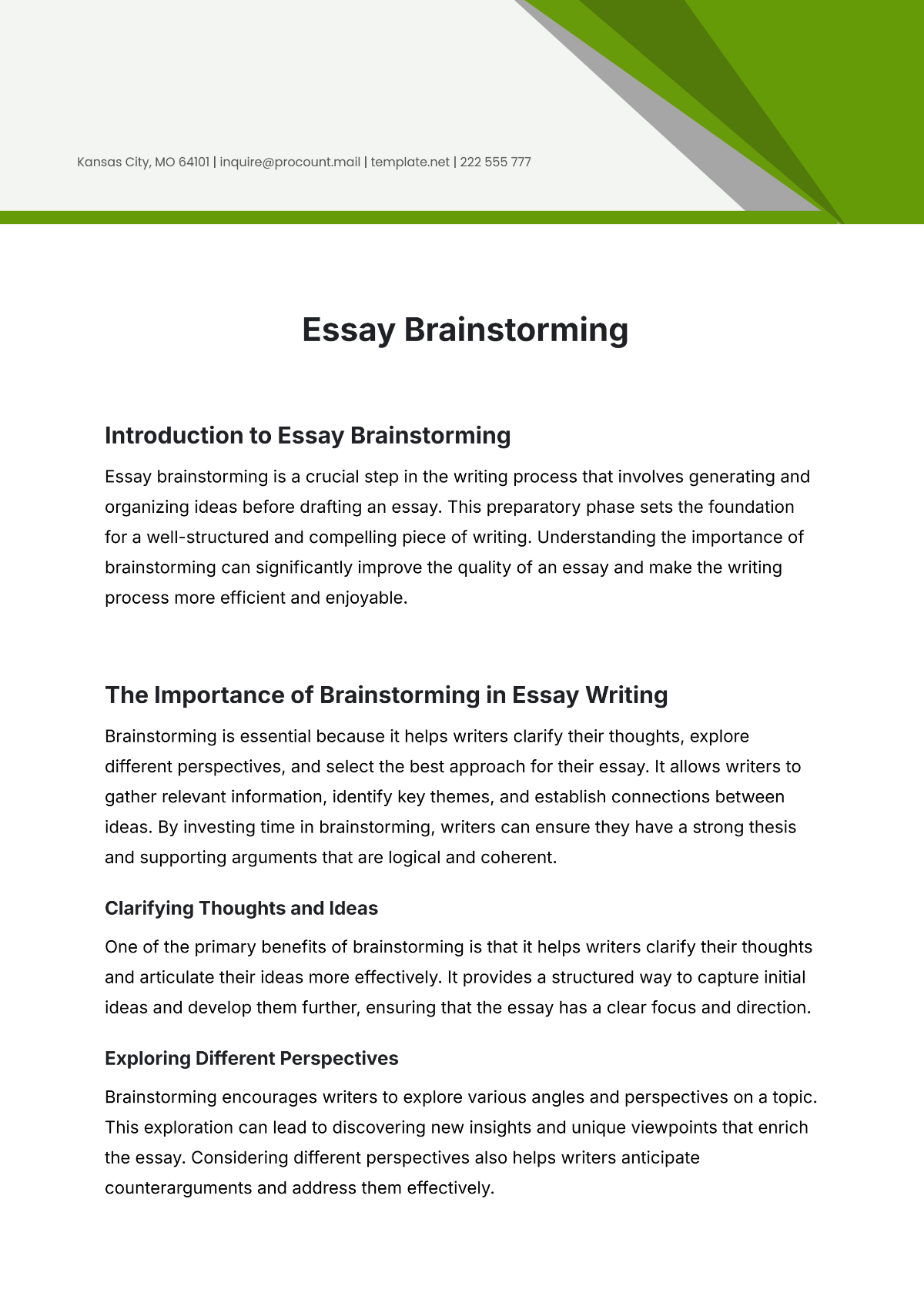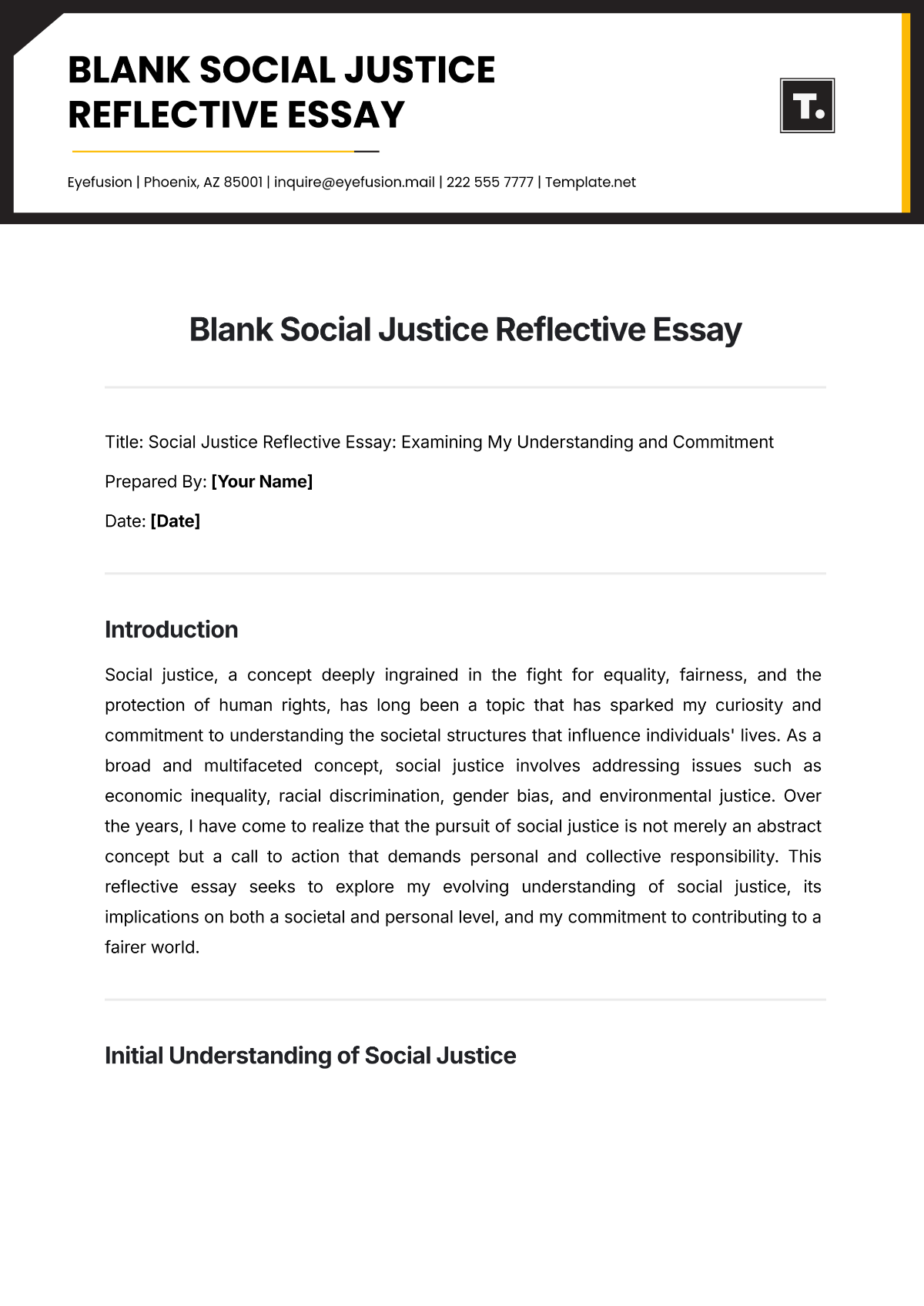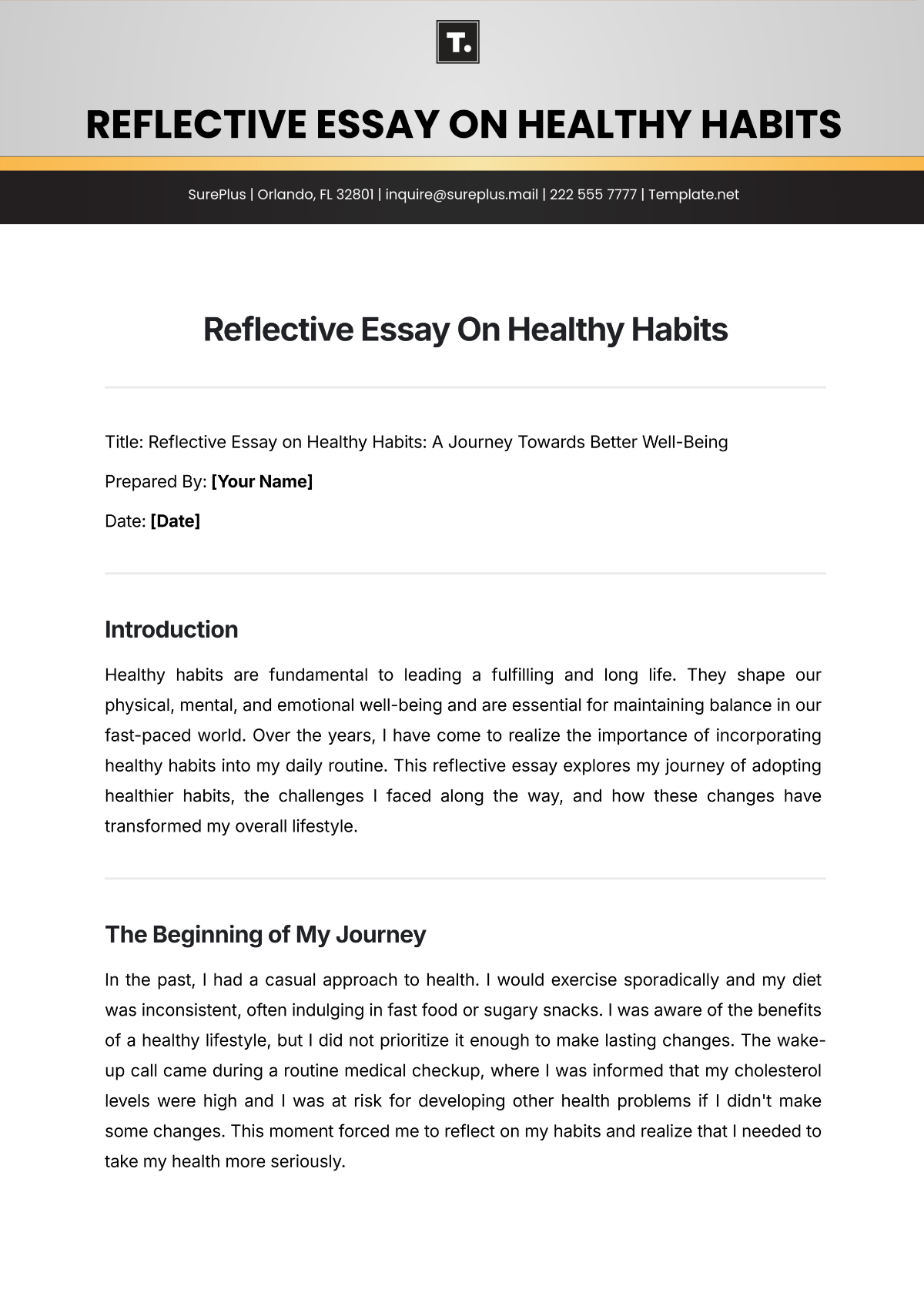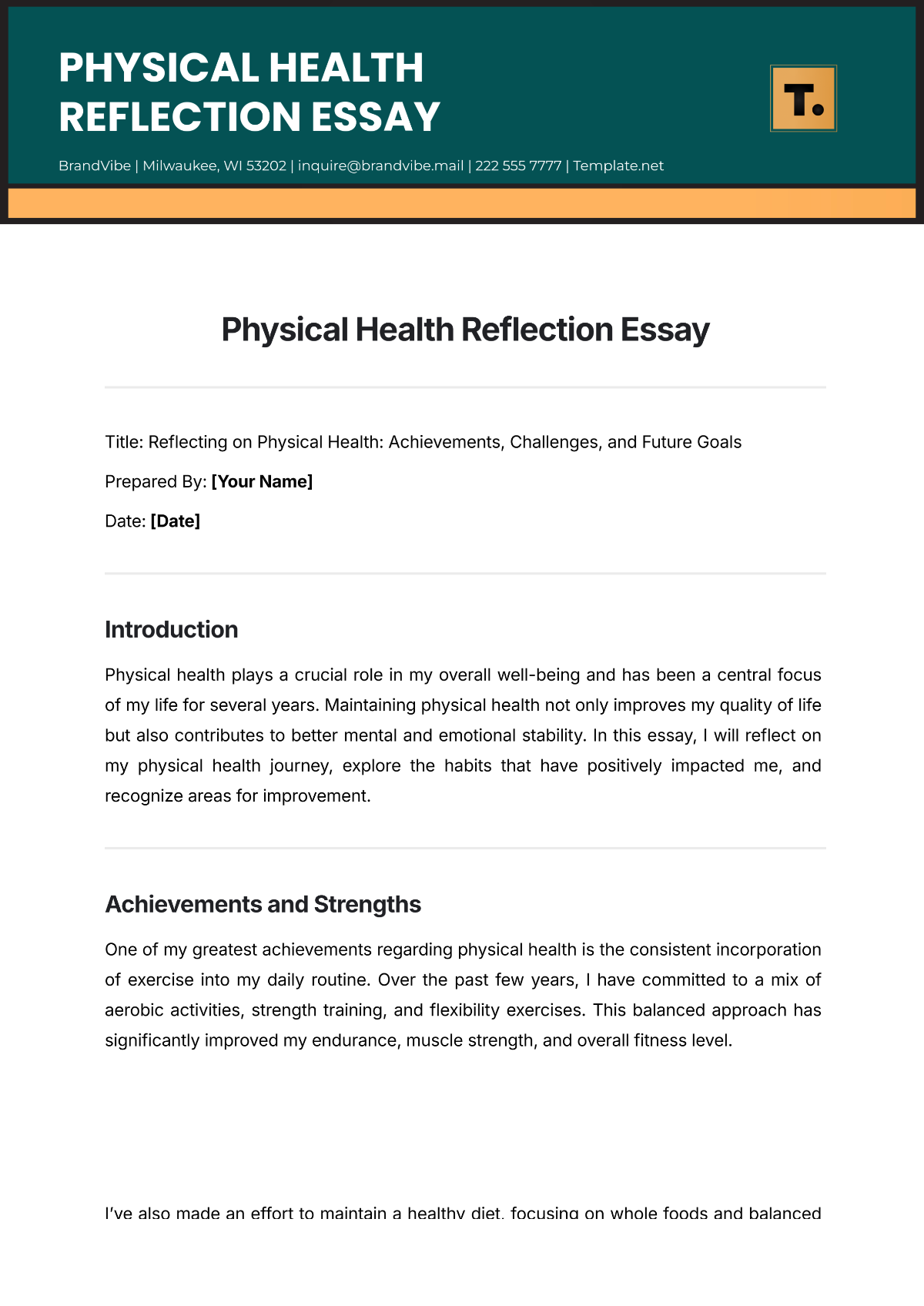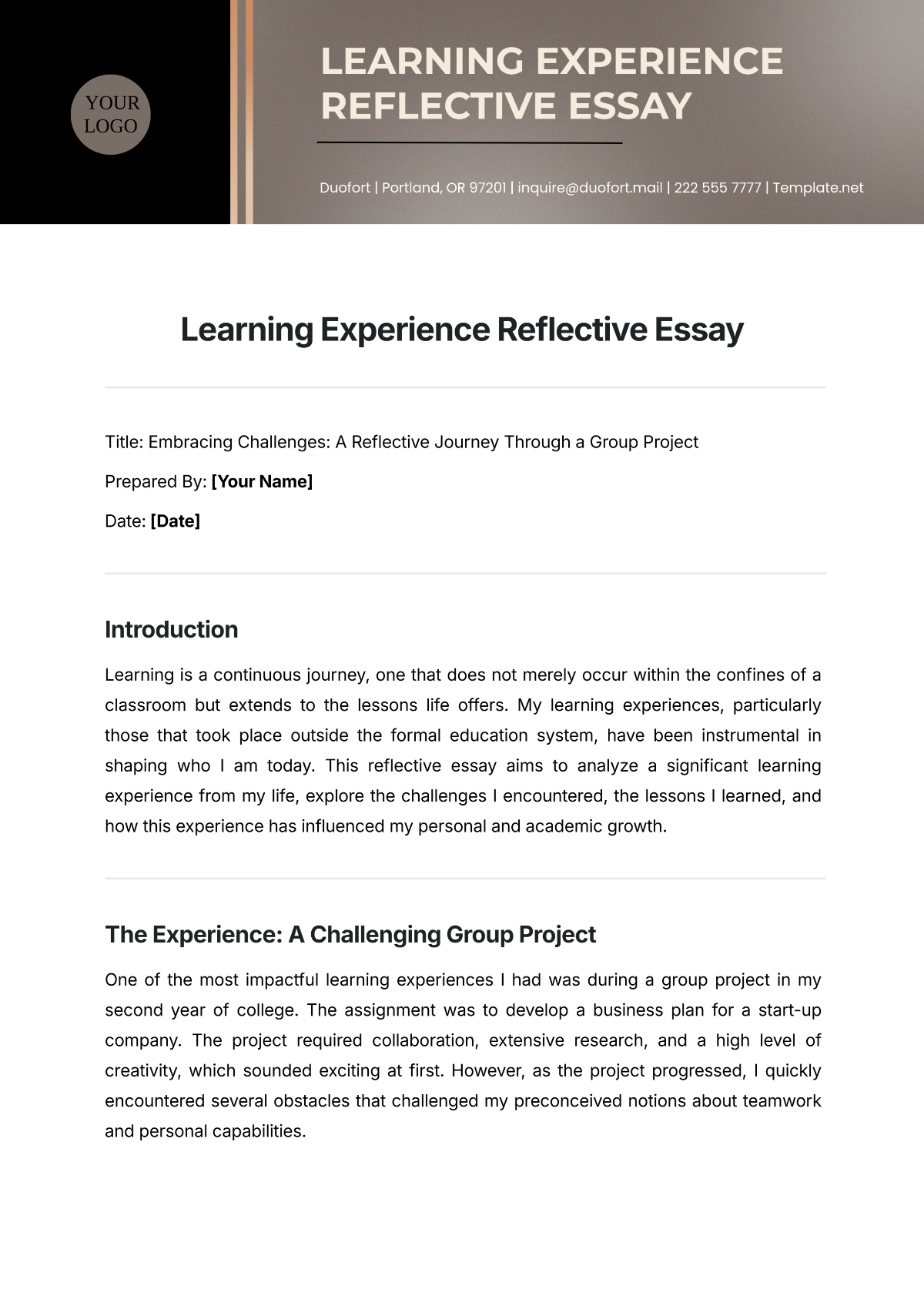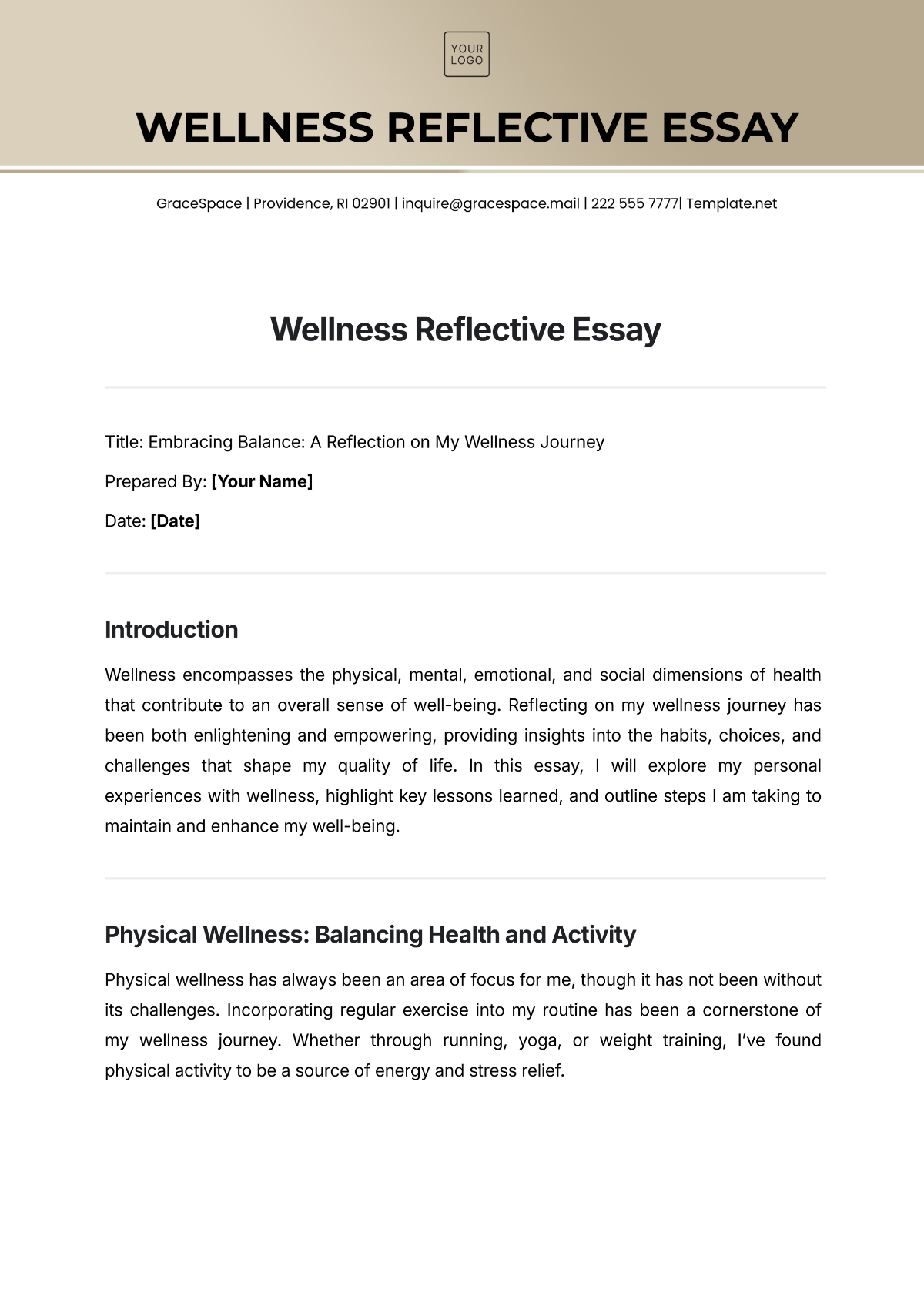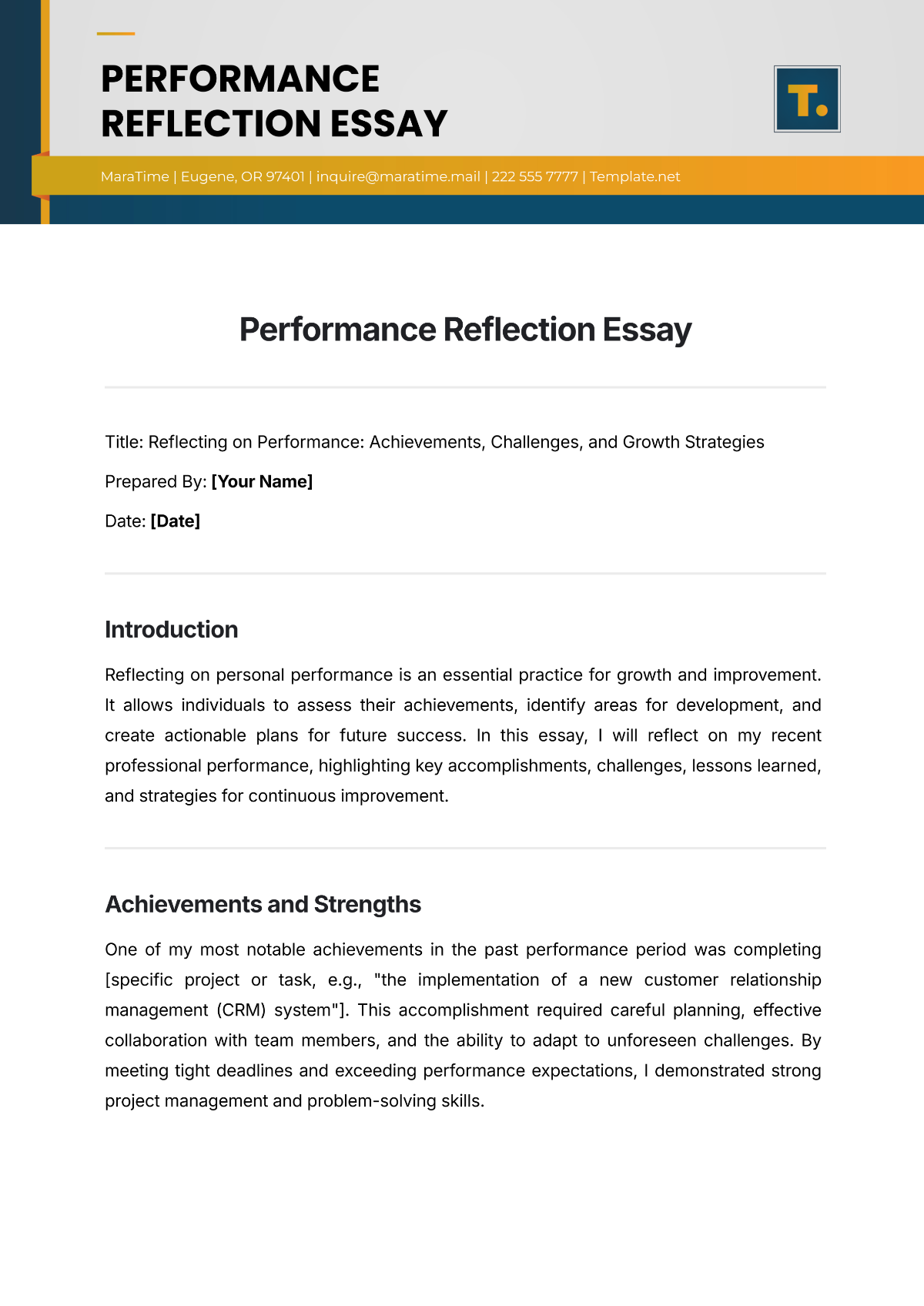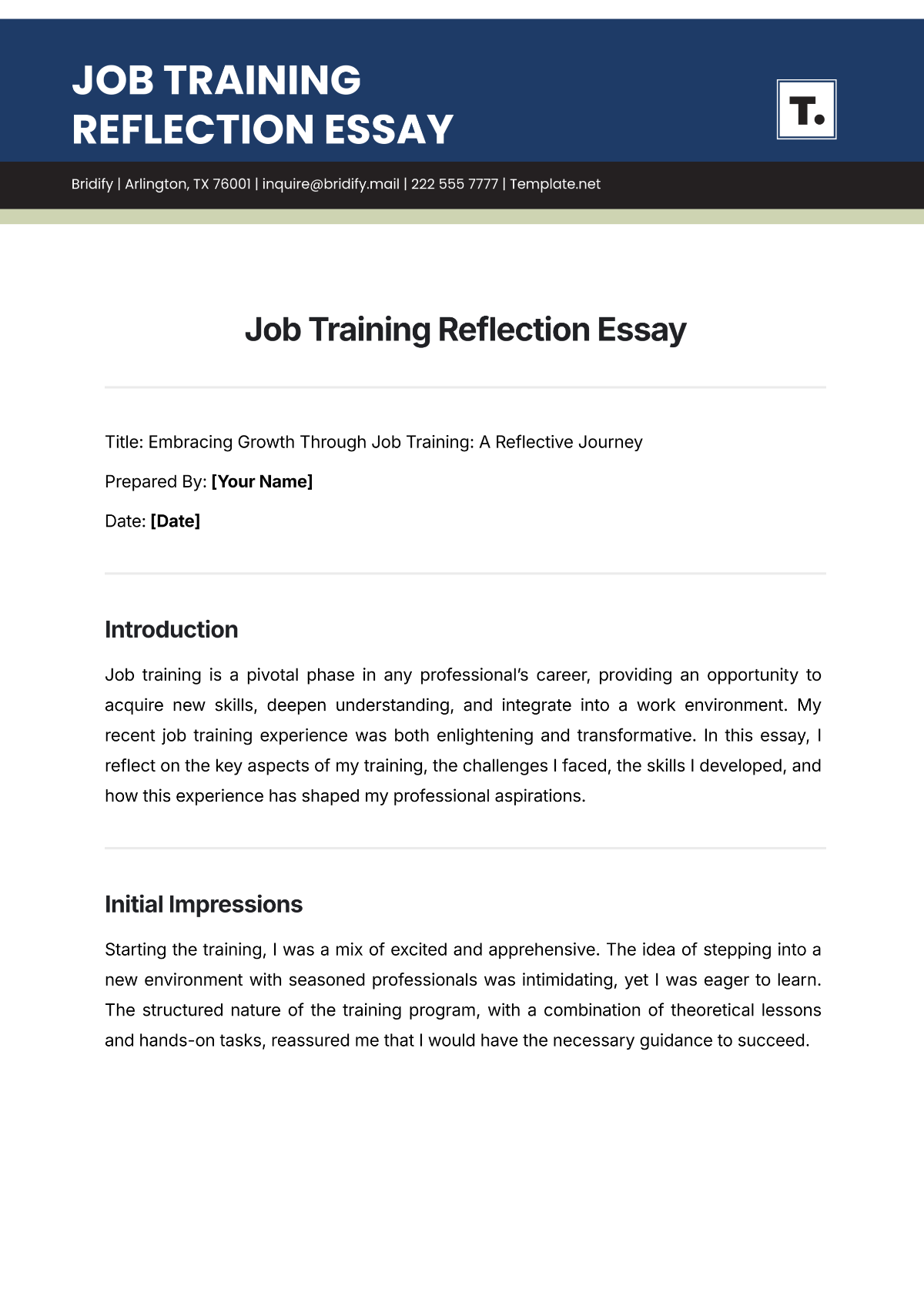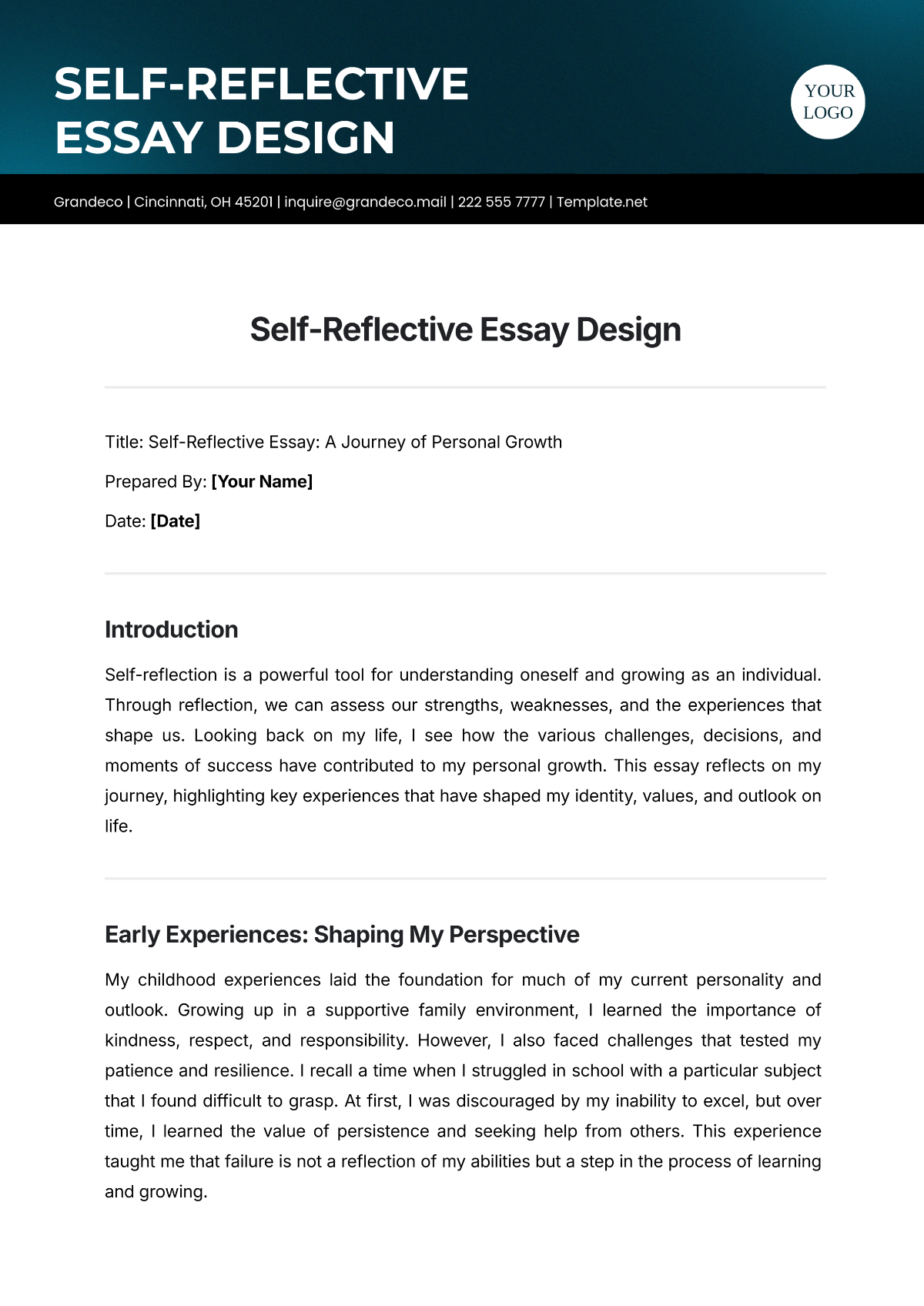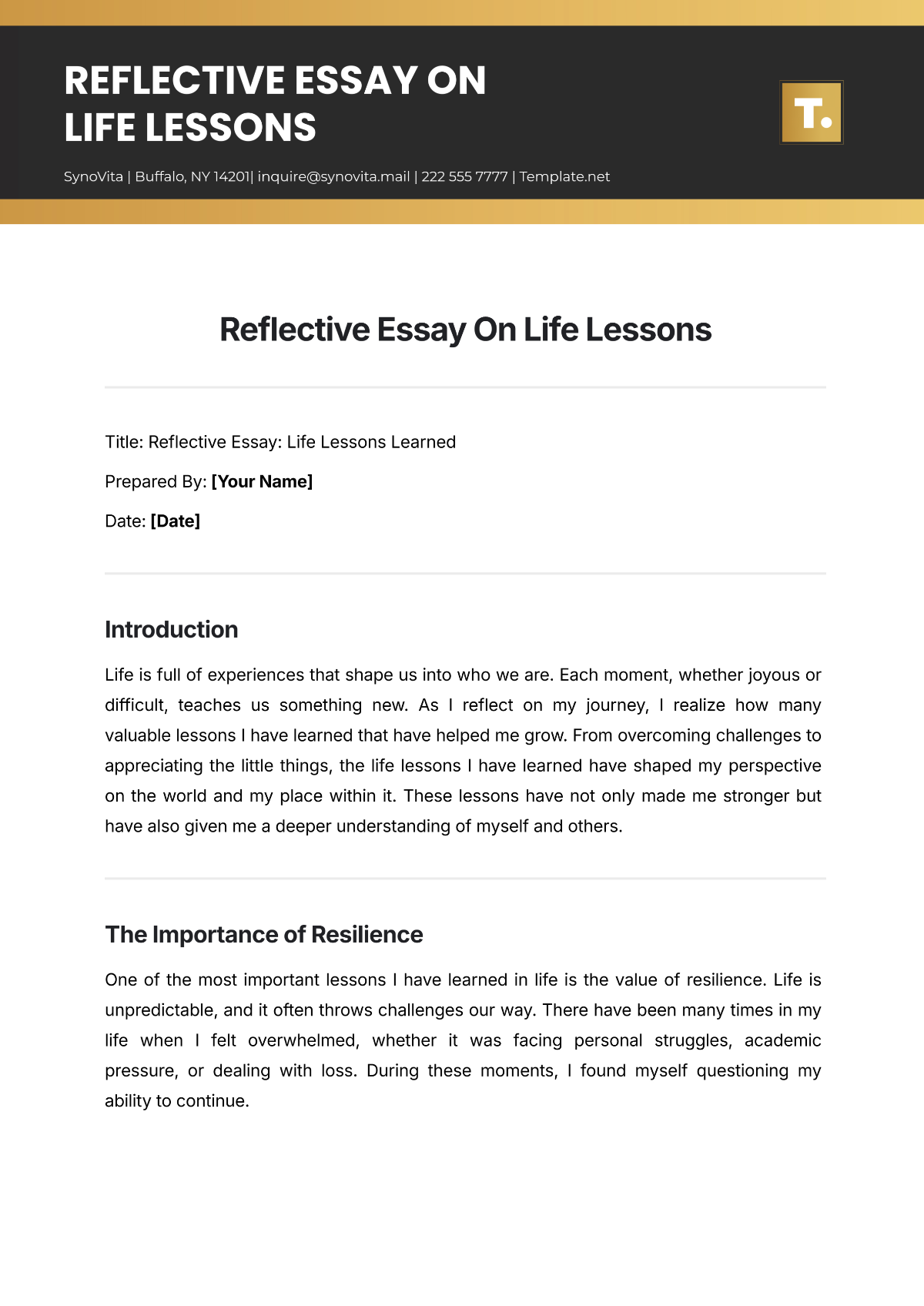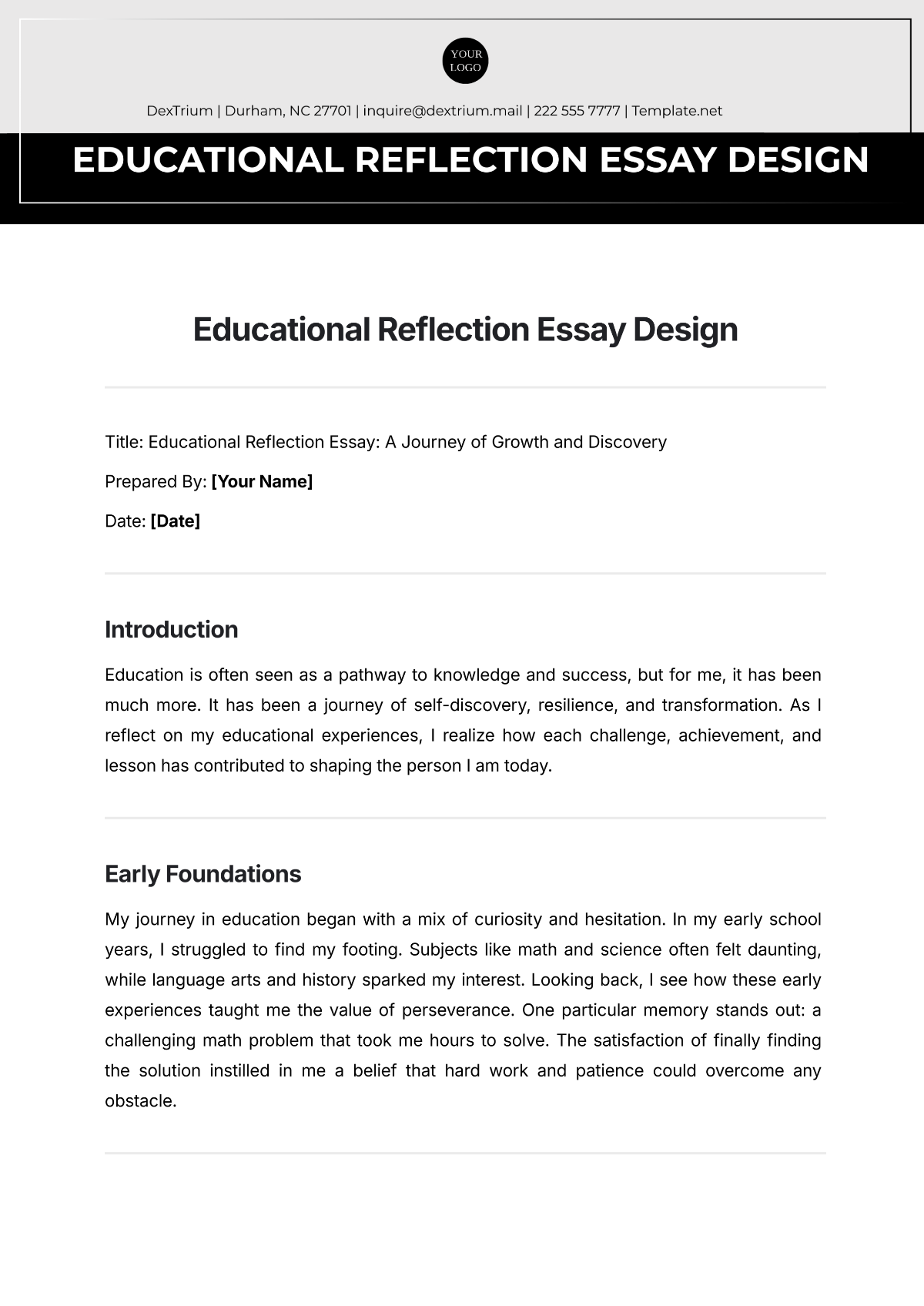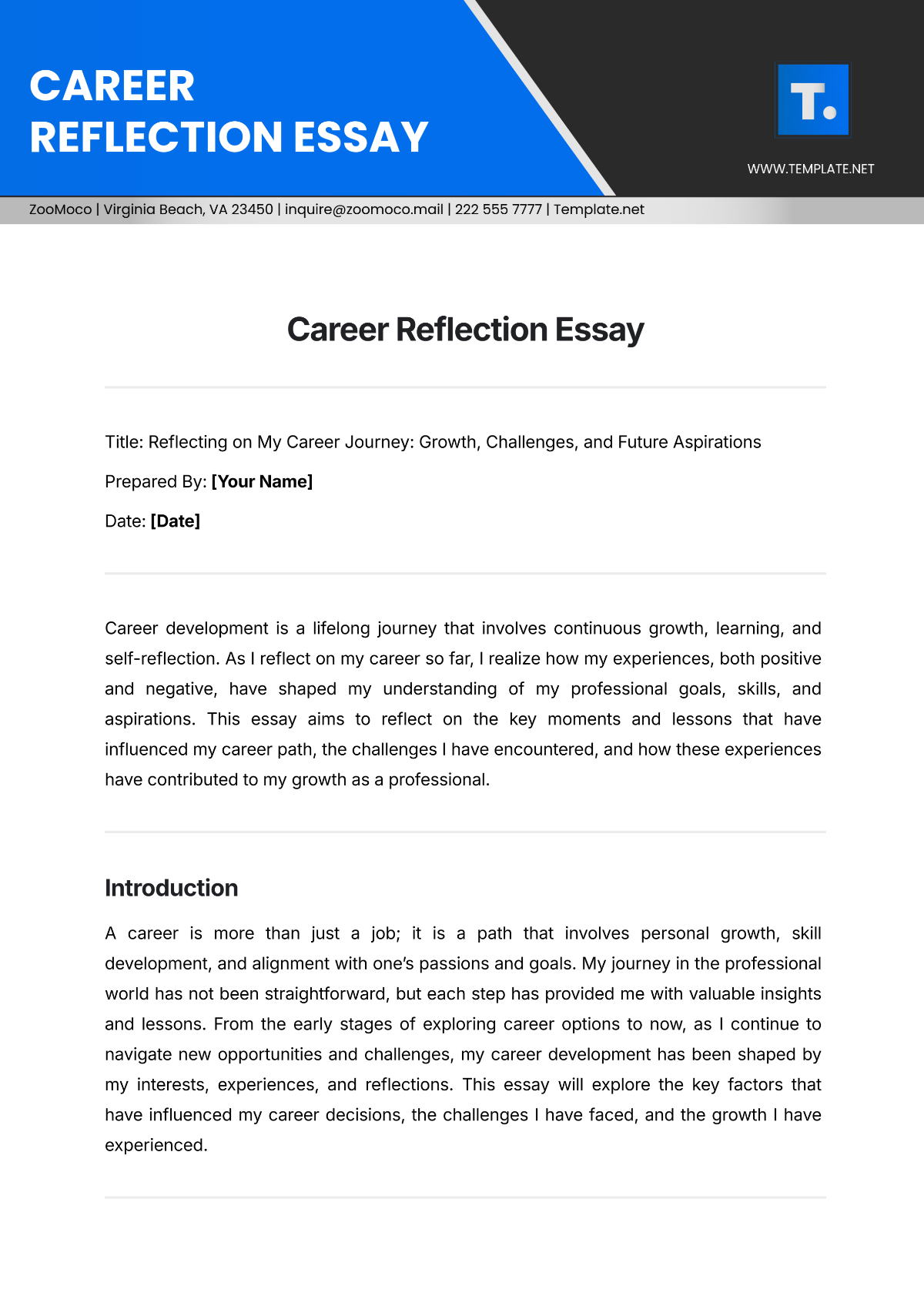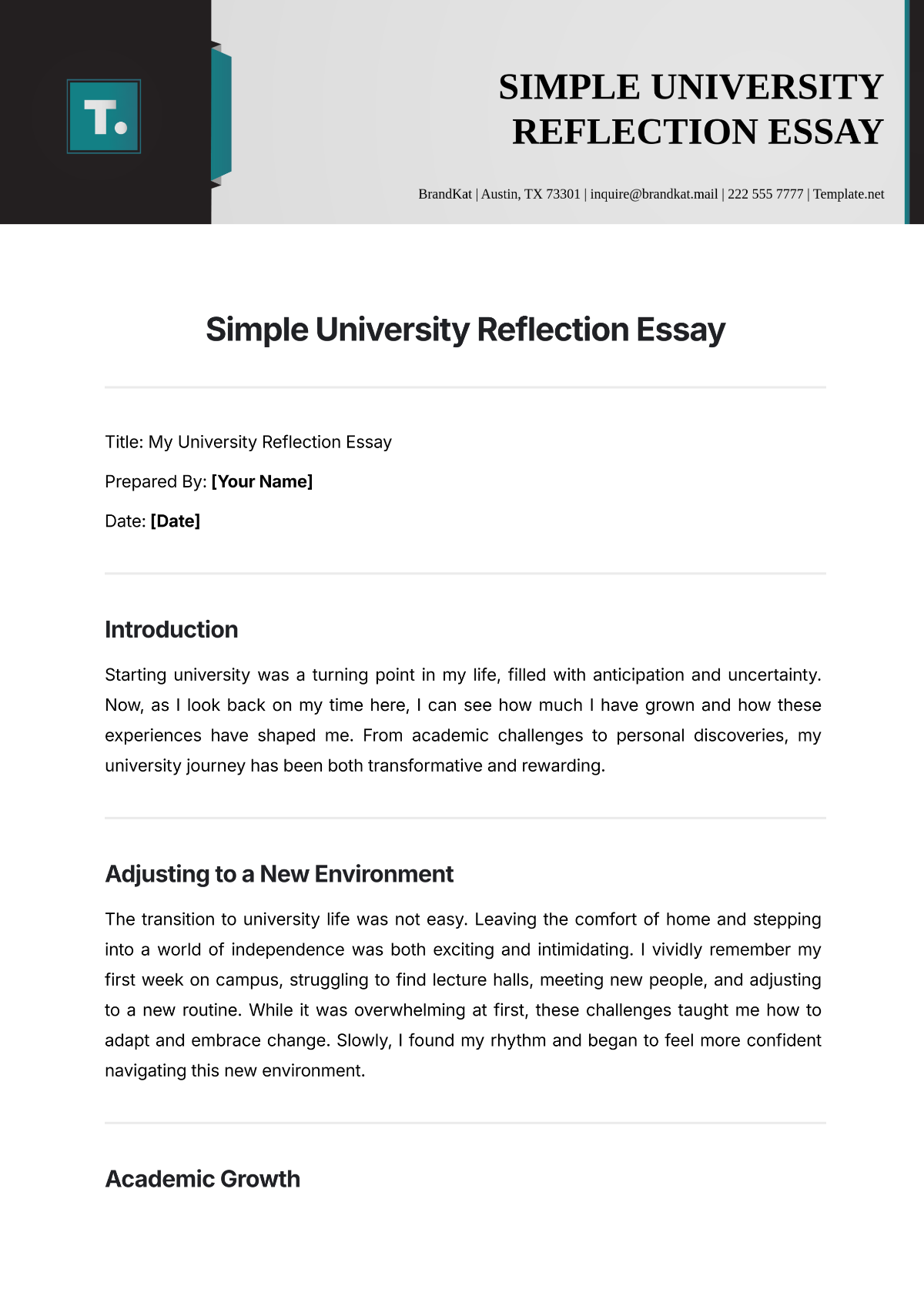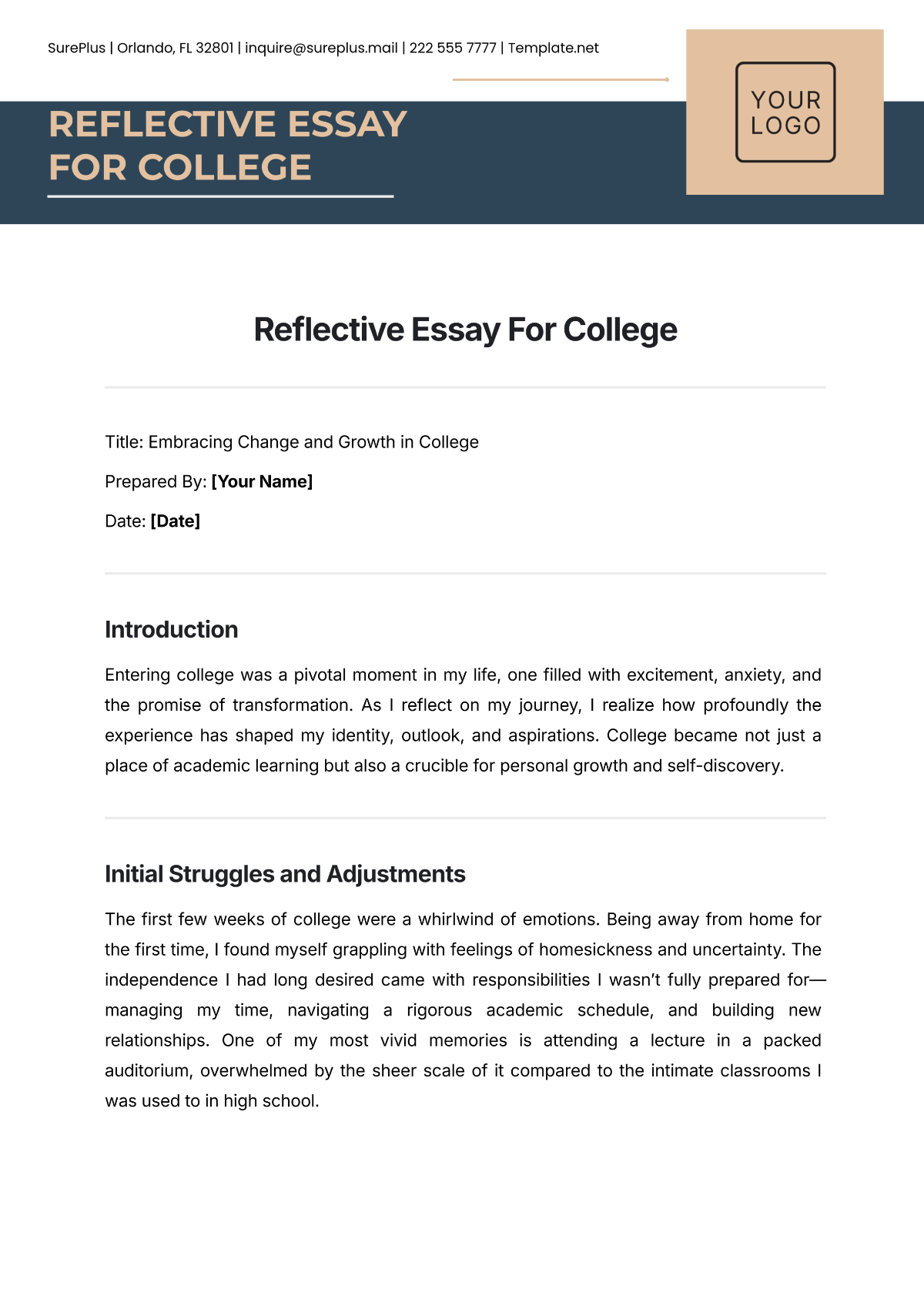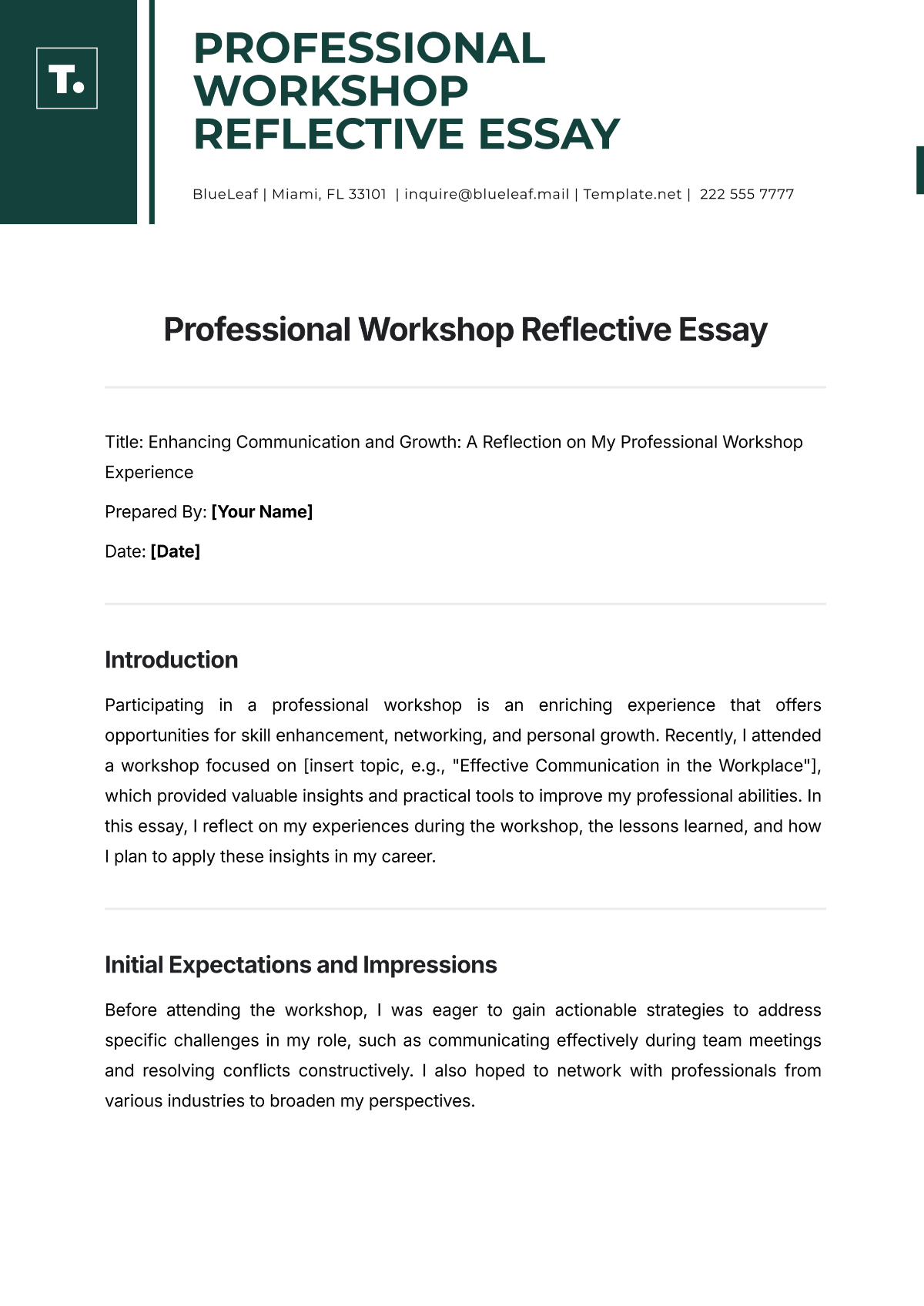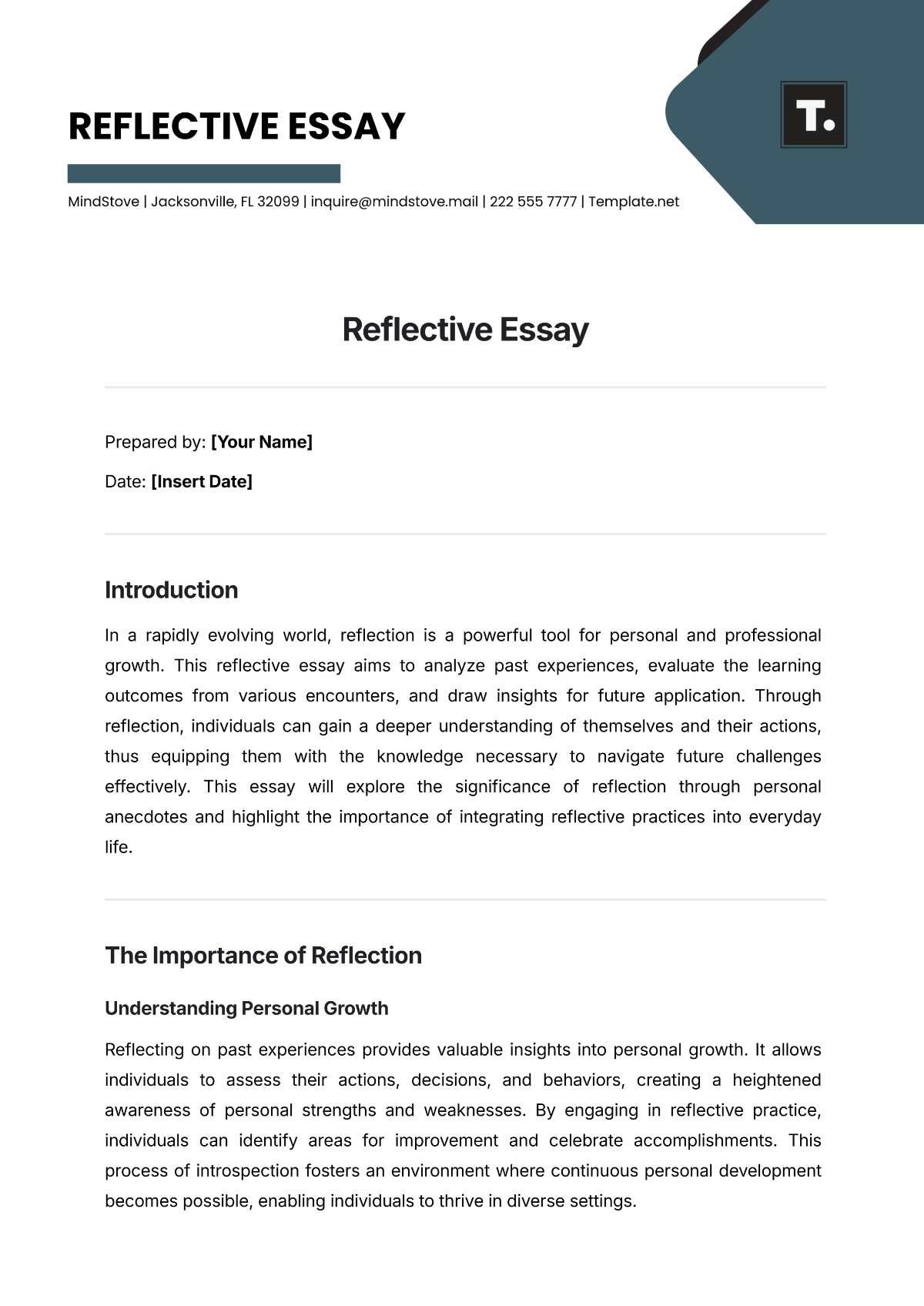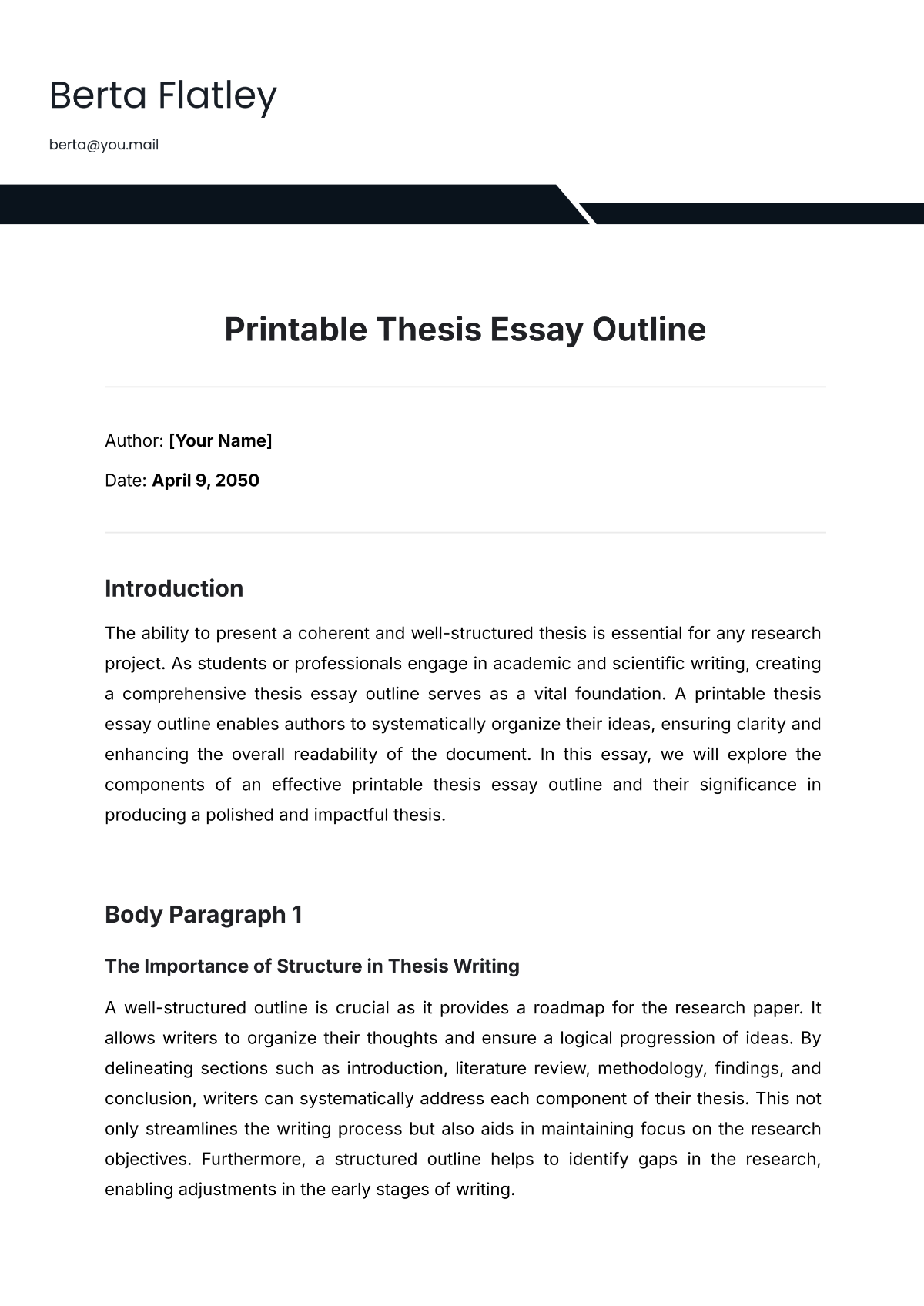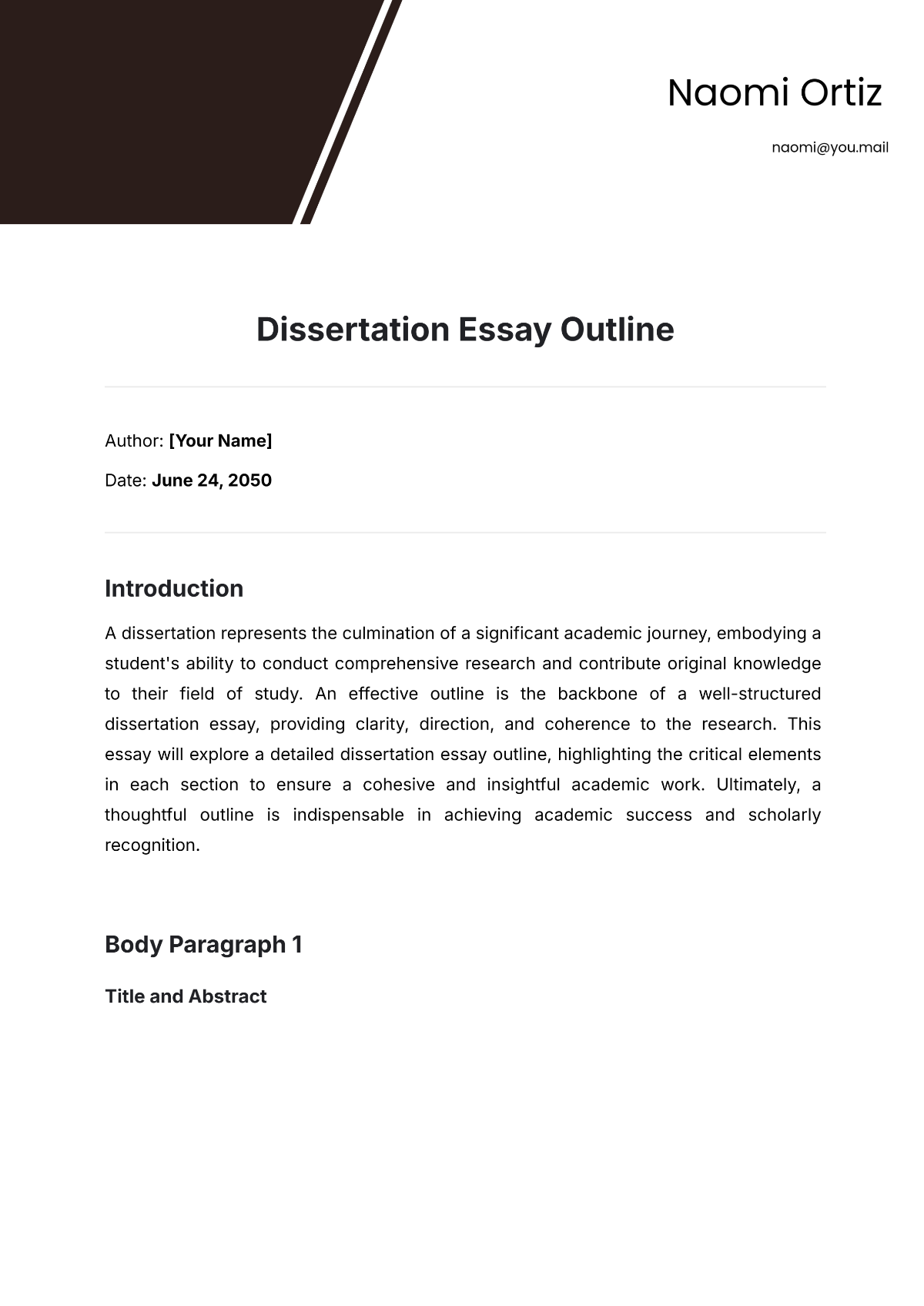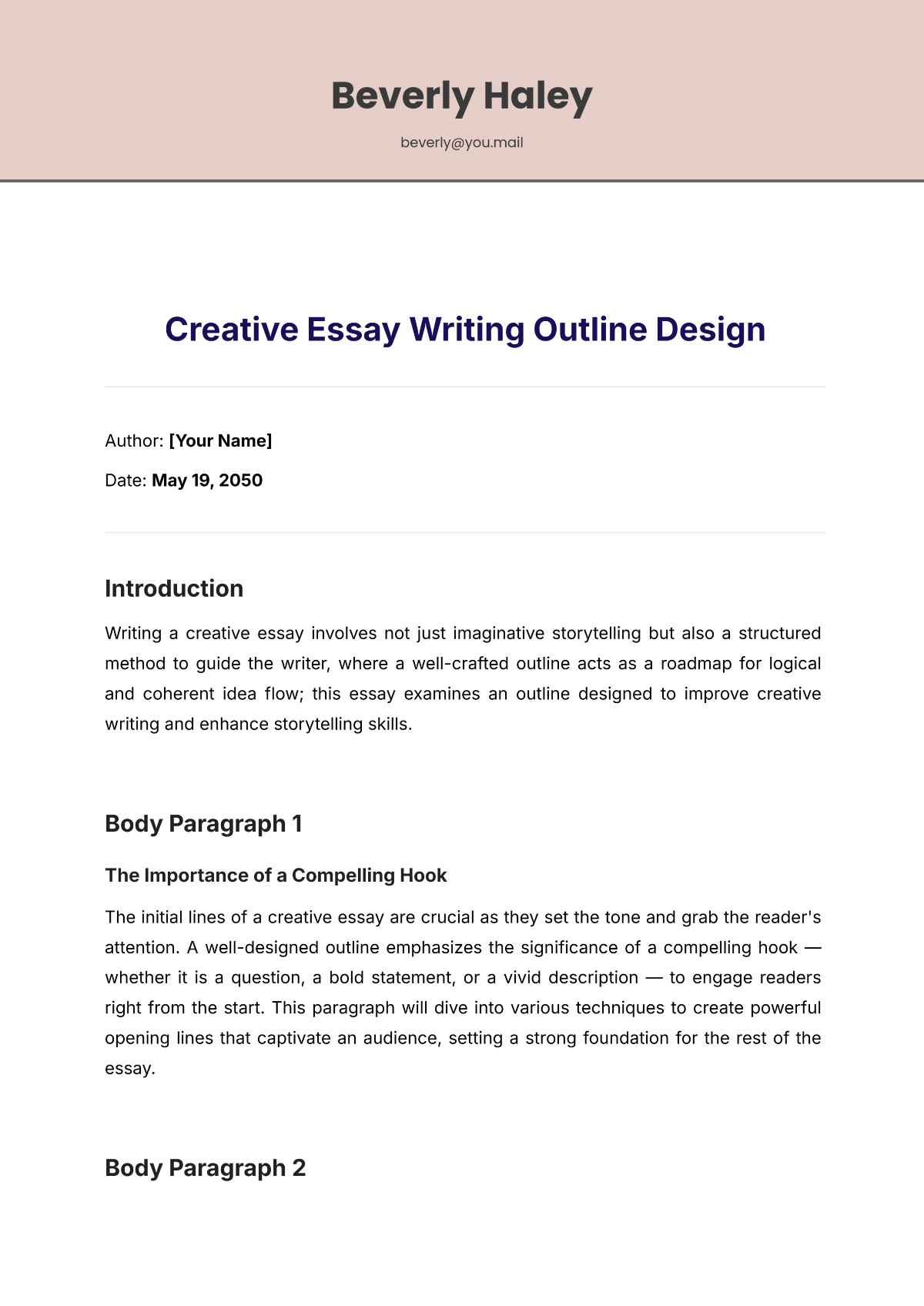MLA Format Essay
[YOUR NAME]
Professor James Carter
English 101: Introduction to Writing
January 10, 2075
The Impact of Social Media on Modern Communication
Social media has dramatically transformed the way individuals communicate with one another, affecting everything from personal relationships to professional interactions. With platforms such as Facebook, Instagram, and Twitter, people are now more connected than ever before, and the exchange of information has become instantaneous. However, while these digital platforms have made communication faster and more accessible, they have also introduced significant challenges. The impact of social media on communication can be seen in both its positive and negative effects on human interaction, mental health, and the overall quality of conversations.
I. The Rise of Digital Communication
One of the most significant changes brought about by social media is the sheer speed of communication. Messages that once took hours or even days to send now travel across the globe in seconds. For example, platforms like Facebook Messenger and WhatsApp allow users to send text, voice messages, and images in real time, creating an environment where instant responses are expected. As a result, people are now able to stay connected with friends and family members regardless of distance. The ability to share life updates and communicate quickly has brought people closer, enabling them to participate in social groups that may have otherwise been geographically impossible (Smith, 2071).
However, while digital communication has made socializing easier, it has also led to a decline in face-to-face interactions. Studies show that people are spending more time engaging with screens and less time in physical conversations. This shift has created a generation that is often more comfortable with virtual communication than in-person dialogue, leading to a reduction in the quality of personal relationships. As social media continues to dominate, the traditional art of conversation appears to be losing its value (Jones, 2070).
II. The Influence on Mental Health
The use of social media has also been linked to various mental health concerns, particularly among younger users. The constant need for validation through likes, comments, and shares can create a sense of pressure to maintain a certain online persona. For many individuals, this leads to feelings of inadequacy, as they compare their real lives with the carefully curated images presented by others. A study conducted by the American Psychological Association in 2072 found that excessive use of social media platforms increases the likelihood of experiencing anxiety, depression, and feelings of loneliness (Johnson, 2072).
In addition to the pressure to present an idealized version of oneself, social media also exposes users to a constant stream of negative news and opinions, which can be overwhelming. This “doomscrolling” behavior, in which users compulsively read distressing news, has been linked to higher levels of stress and a sense of helplessness. Consequently, the very platforms that were designed to connect people may inadvertently be contributing to a more disconnected and anxious society.
III. The Future of Communication
Despite the challenges that social media poses to communication and mental health, it is clear that digital platforms are not going away anytime soon. As technology continues to evolve, so too will the ways in which we communicate. The rise of virtual and augmented reality offers new opportunities for digital interaction that could one day replace traditional forms of communication. However, as these technologies emerge, it is essential for individuals to be mindful of the impact they have on their well-being and relationships.
In conclusion, social media has revolutionized communication, making it faster and more accessible than ever before. While these advancements have undoubtedly brought many benefits, they have also introduced new challenges, particularly concerning the quality of personal interactions and mental health. As society continues to adapt to these changes, it will be crucial to strike a balance between the digital and physical worlds to ensure that communication remains meaningful and enriching.
Works Cited
Johnson, Emily. “Social Media and Mental Health: The Hidden Effects.” American Psychological Association, 2072, www.apa.org/news/social-media-mental-health.
Jones, Robert. “The Decline of Face-to-Face Conversations in the Digital Age.” The Social Journal, vol. 34, no. 2, 2070, pp. 54-67.
Smith, Jessica. “The Rise of Instant Communication: How Social Media Has Changed Socializing.” Digital Trends Magazine, 2071, pp. 23-29.



